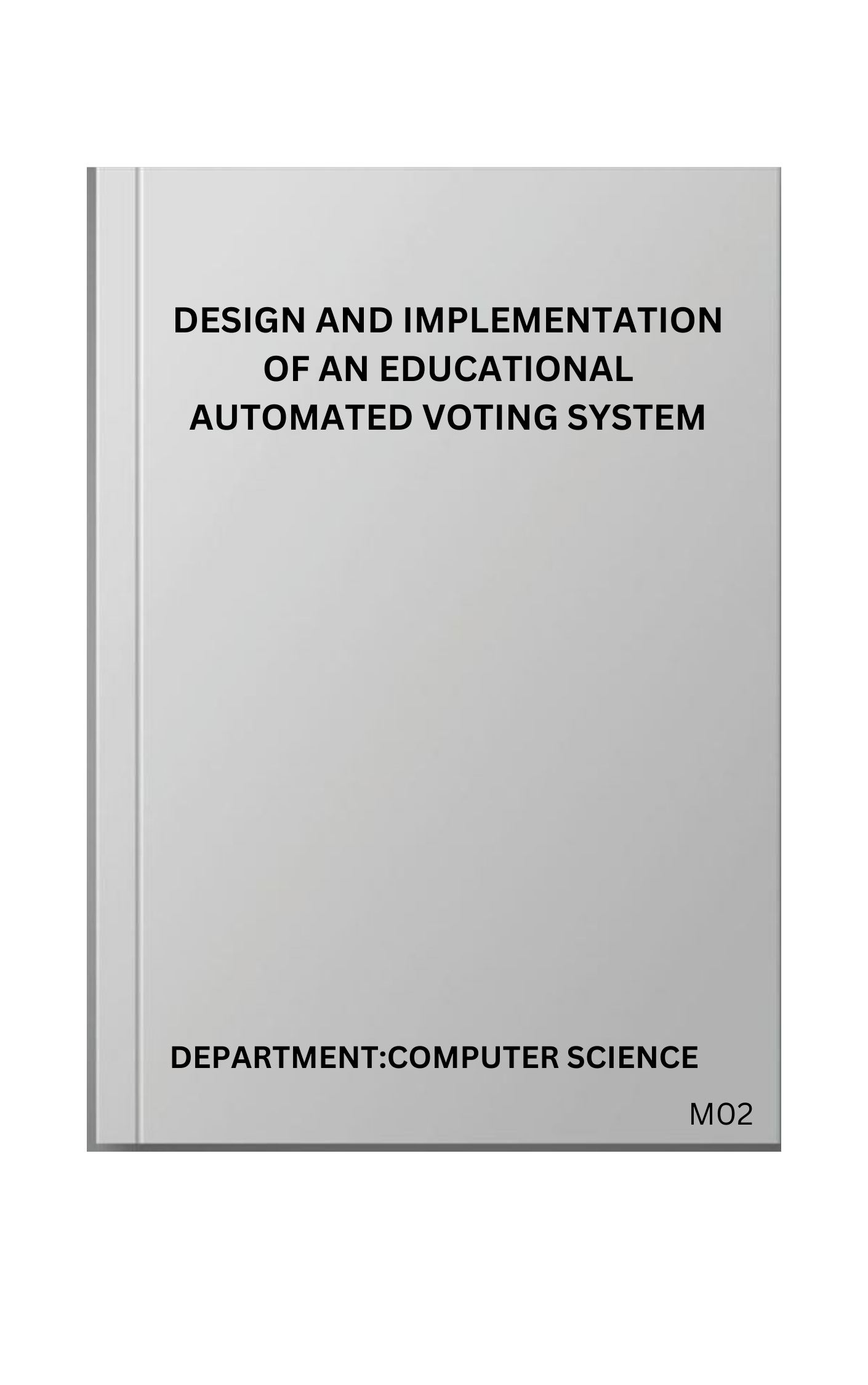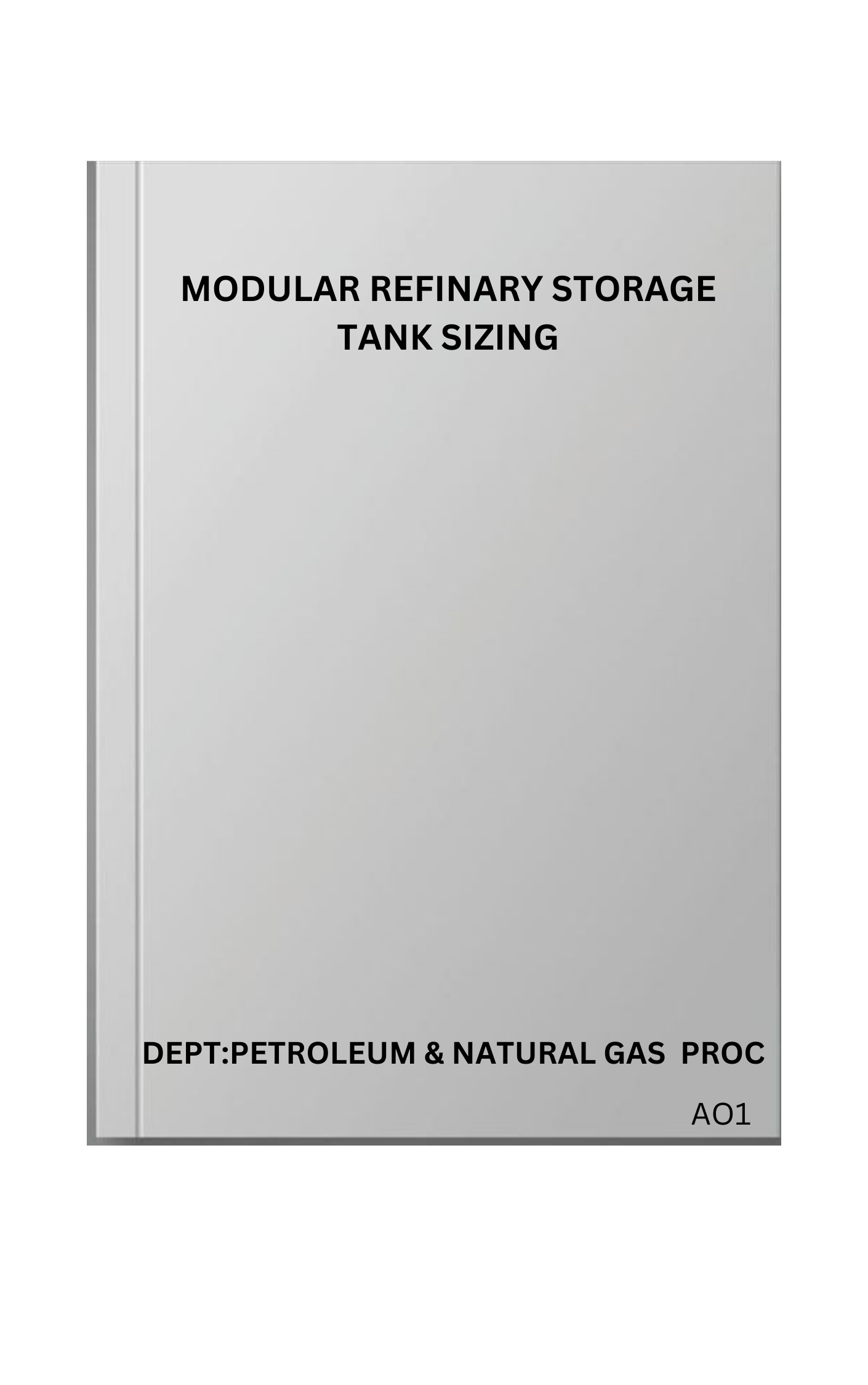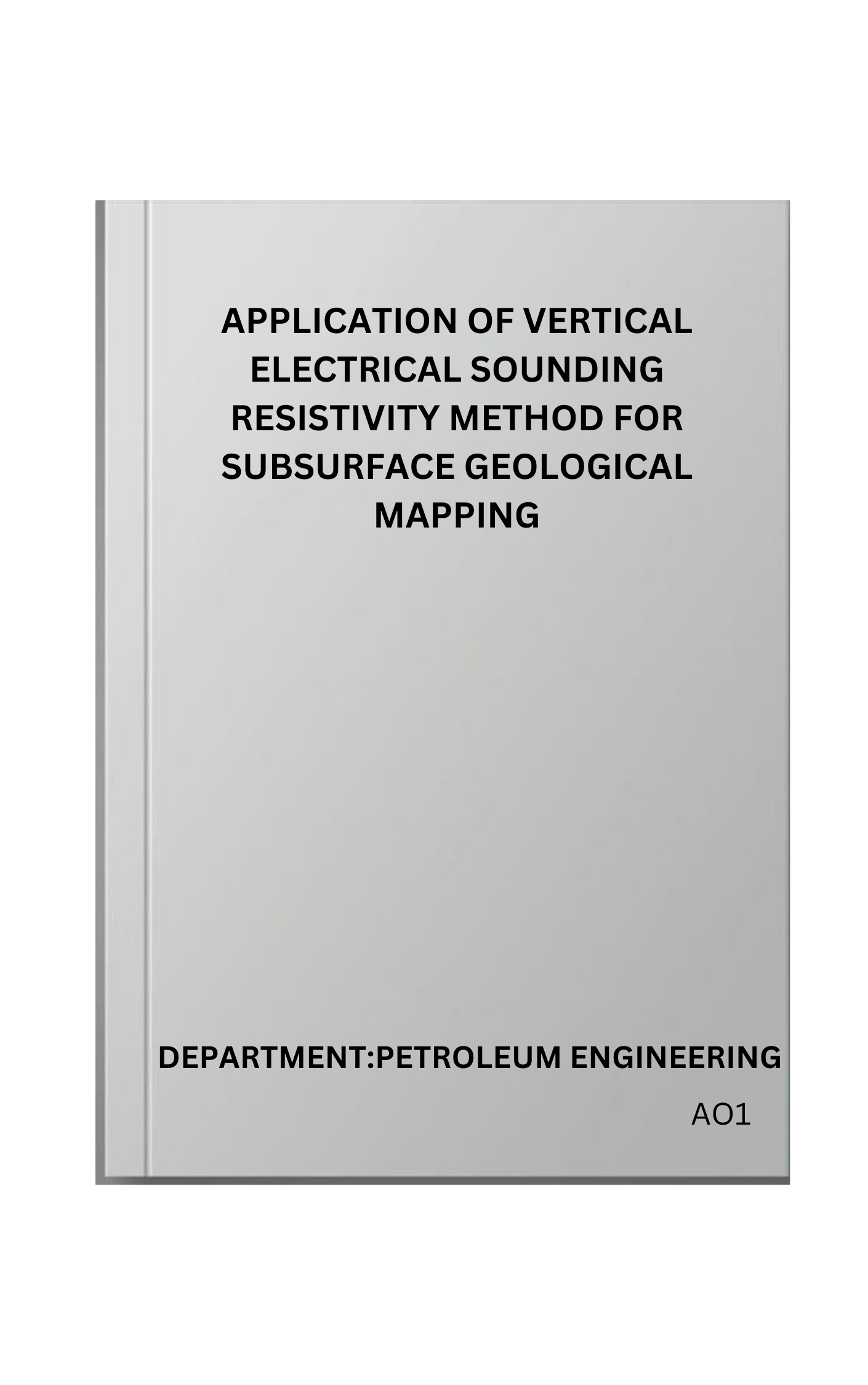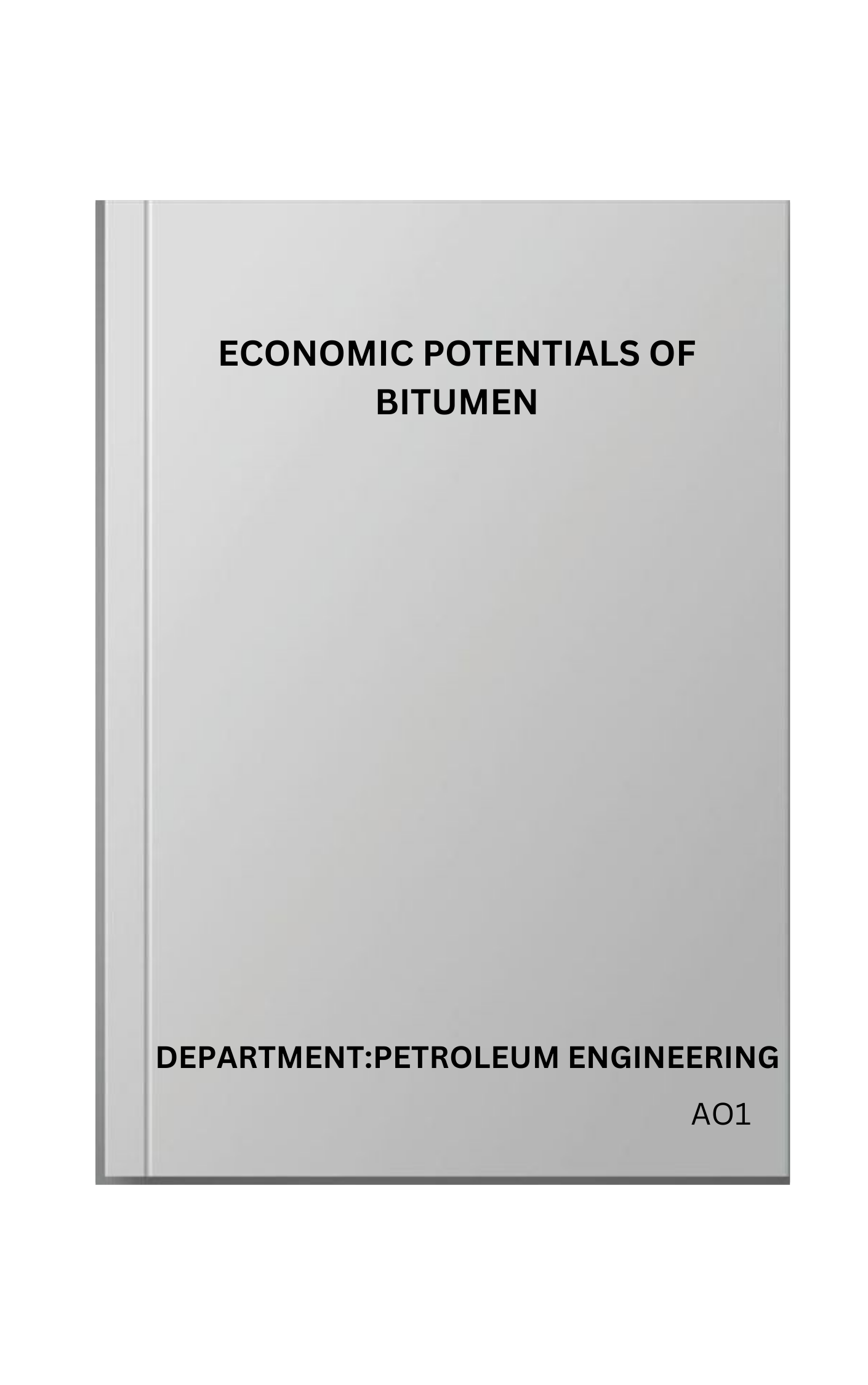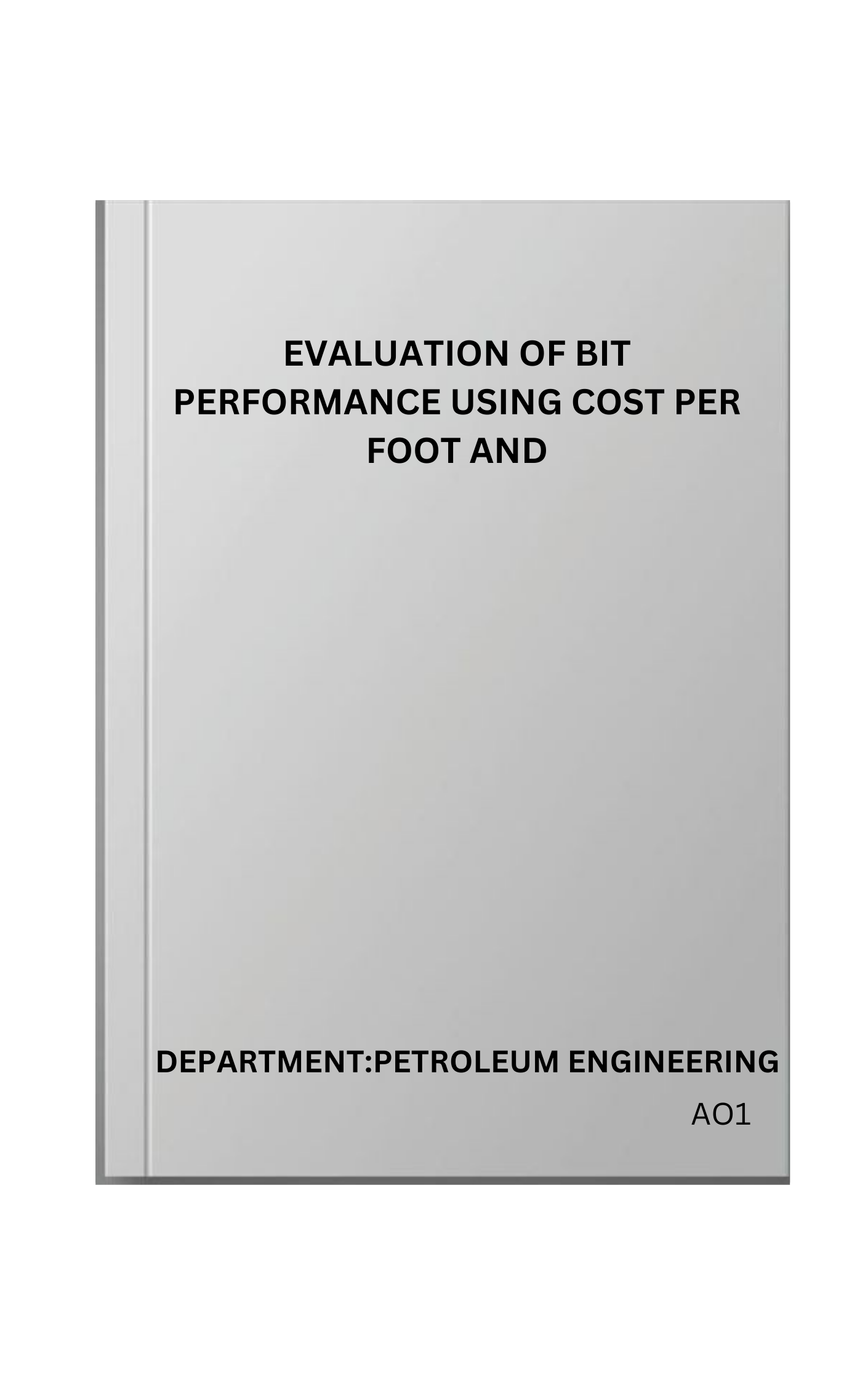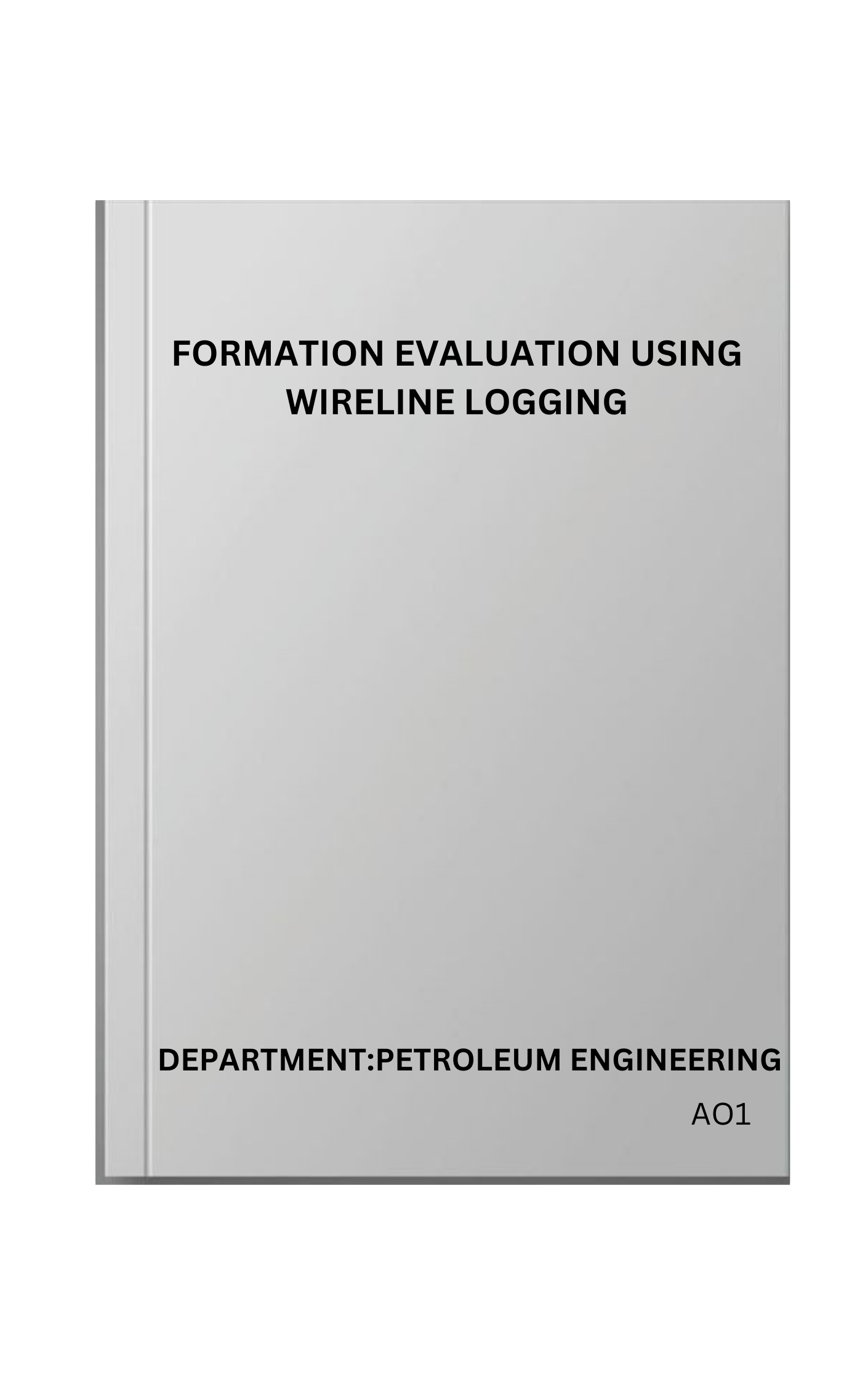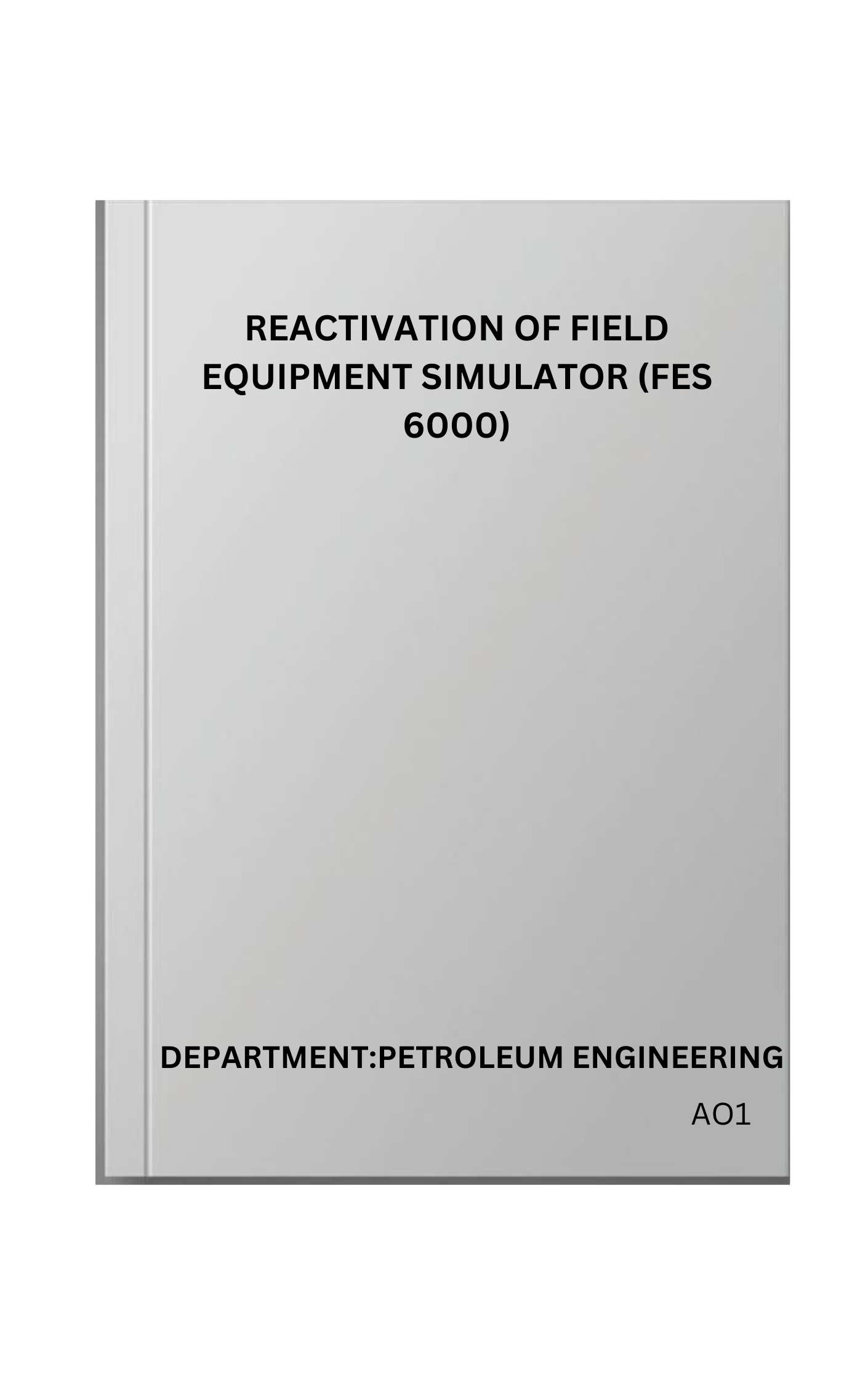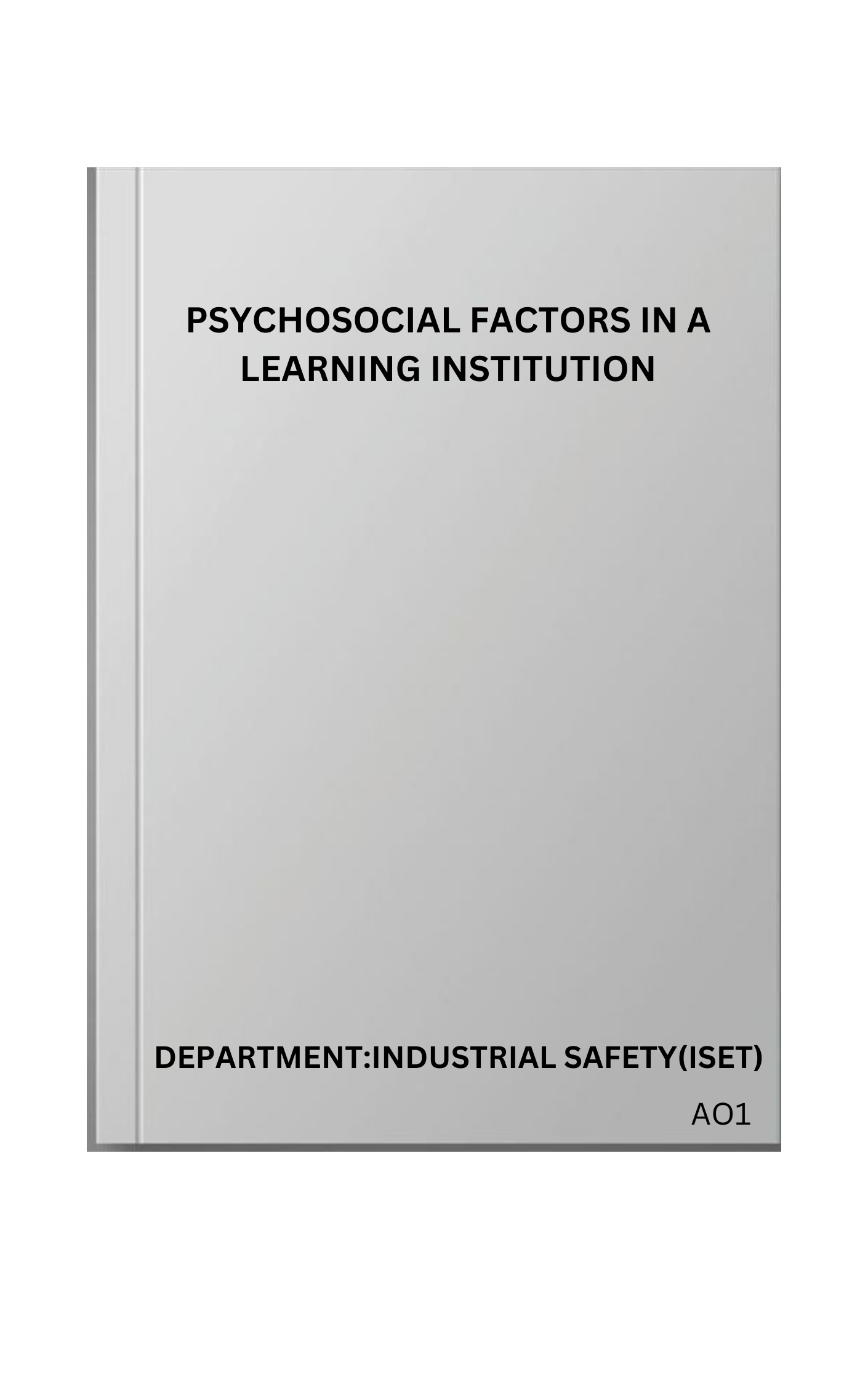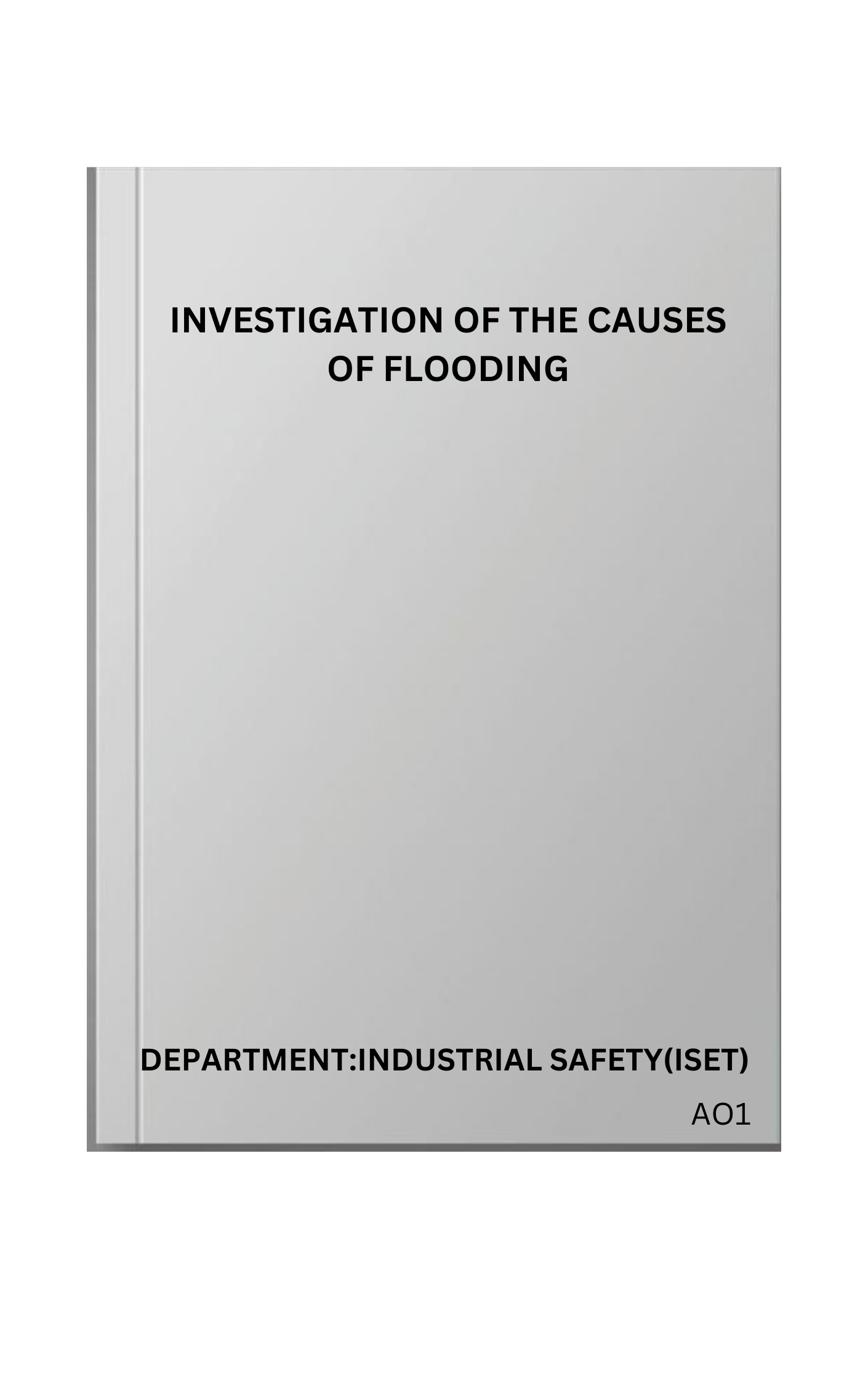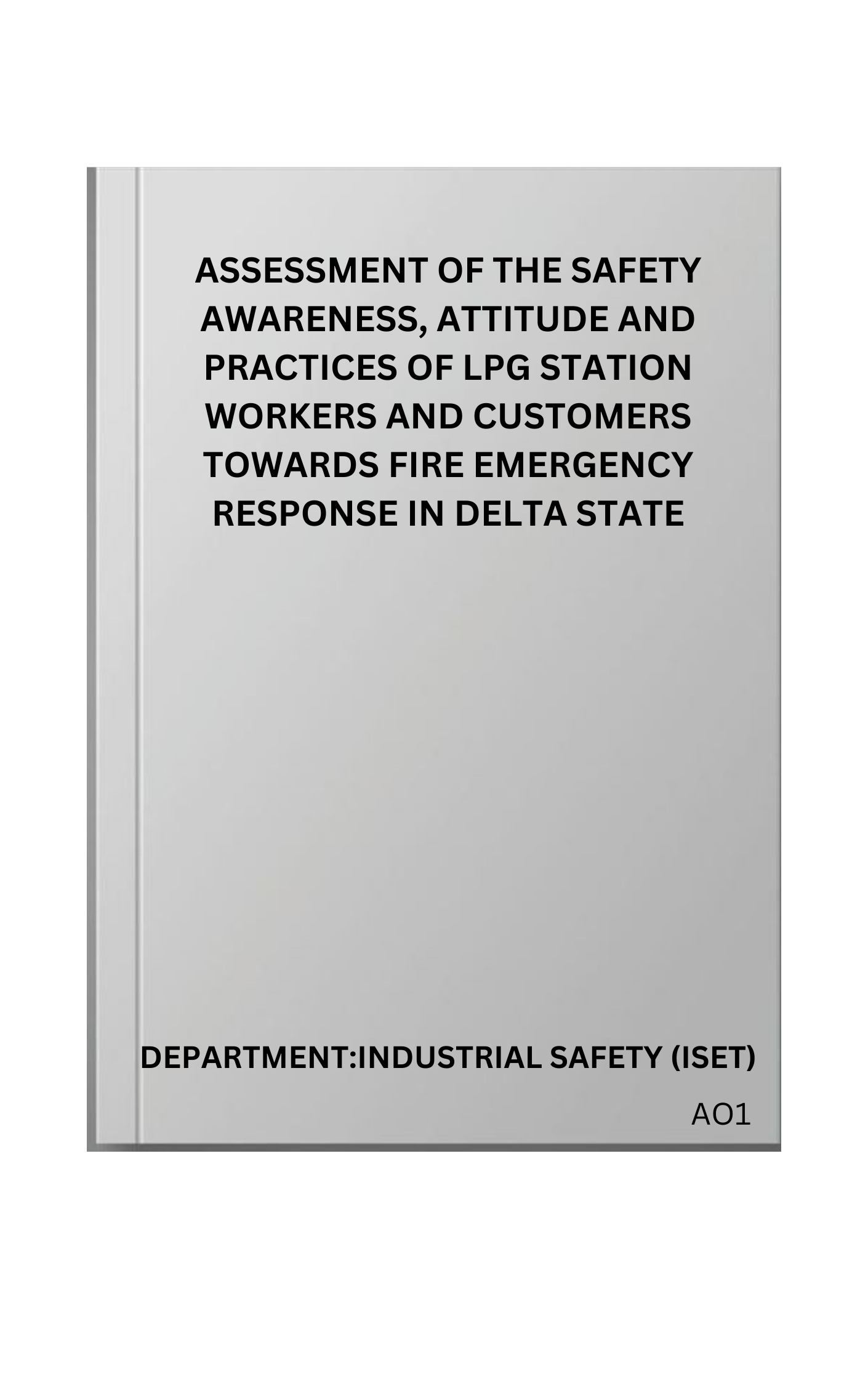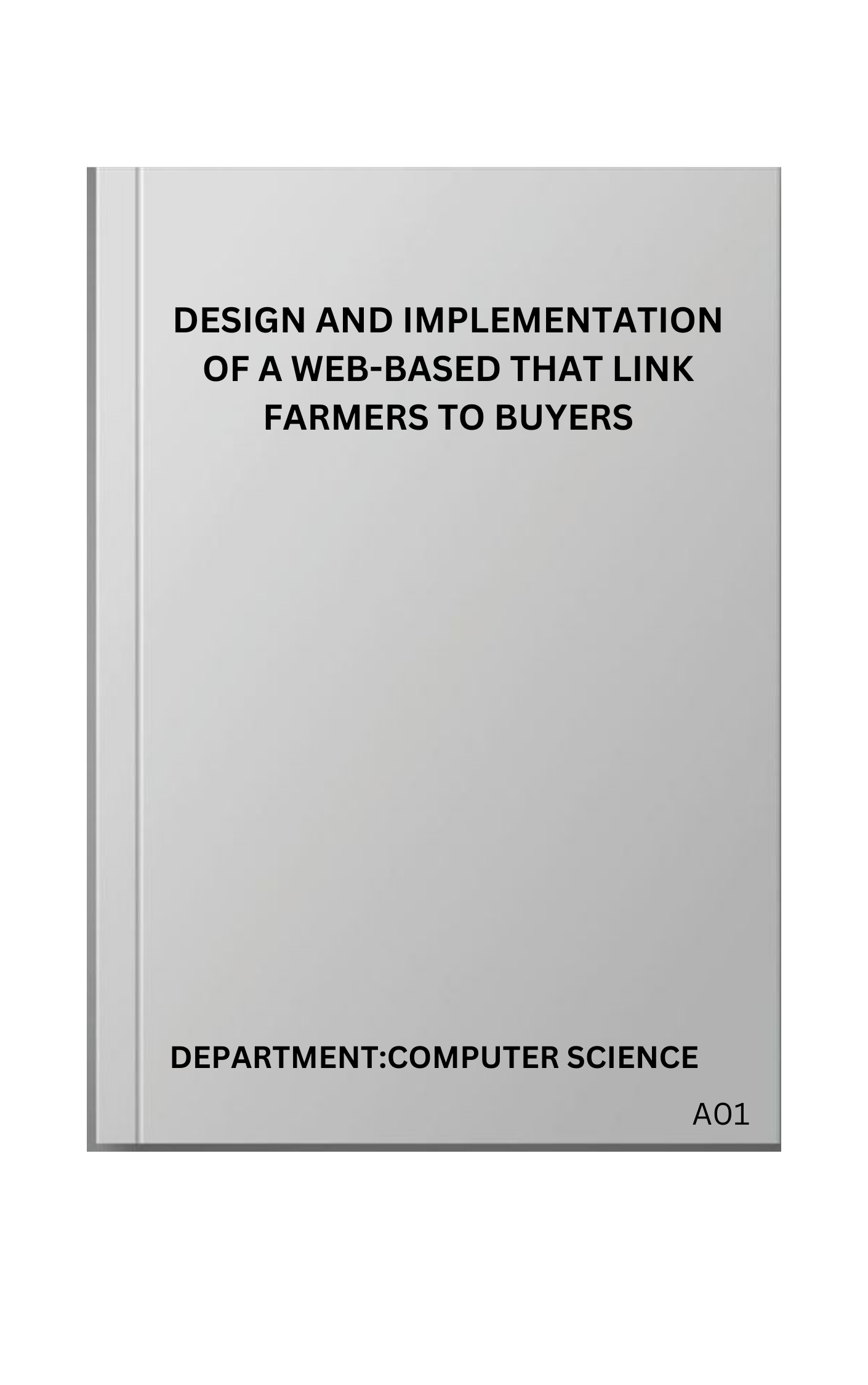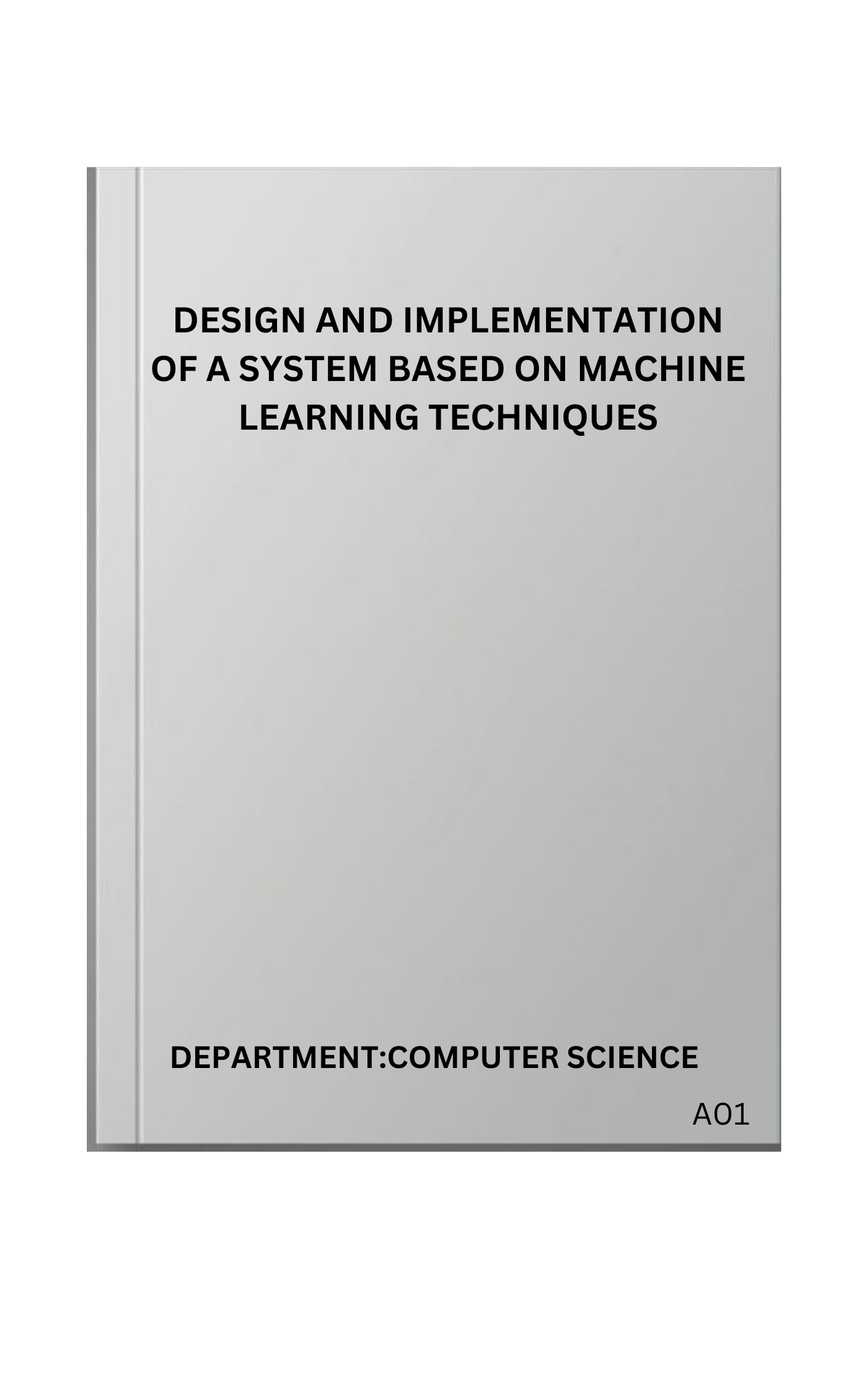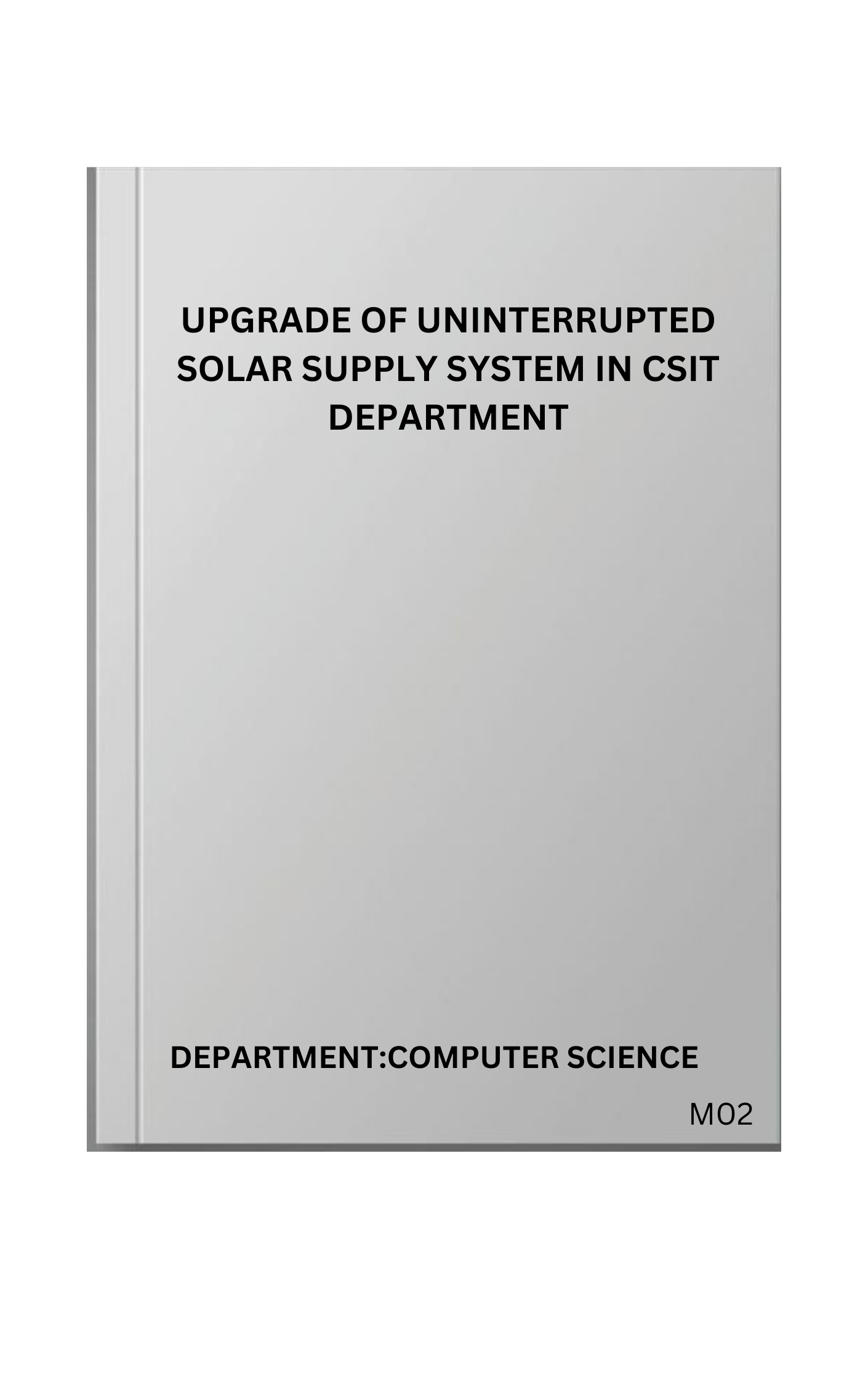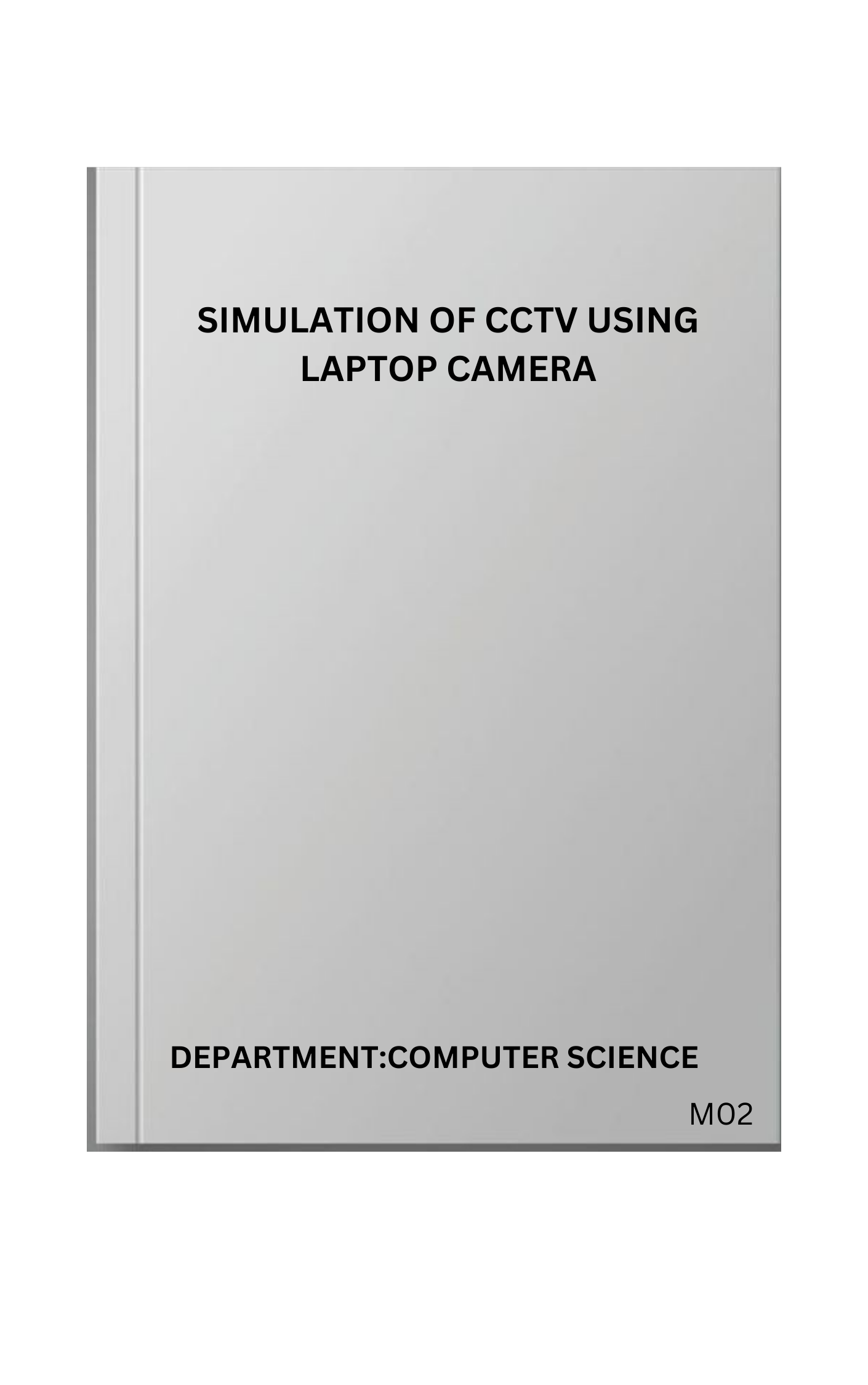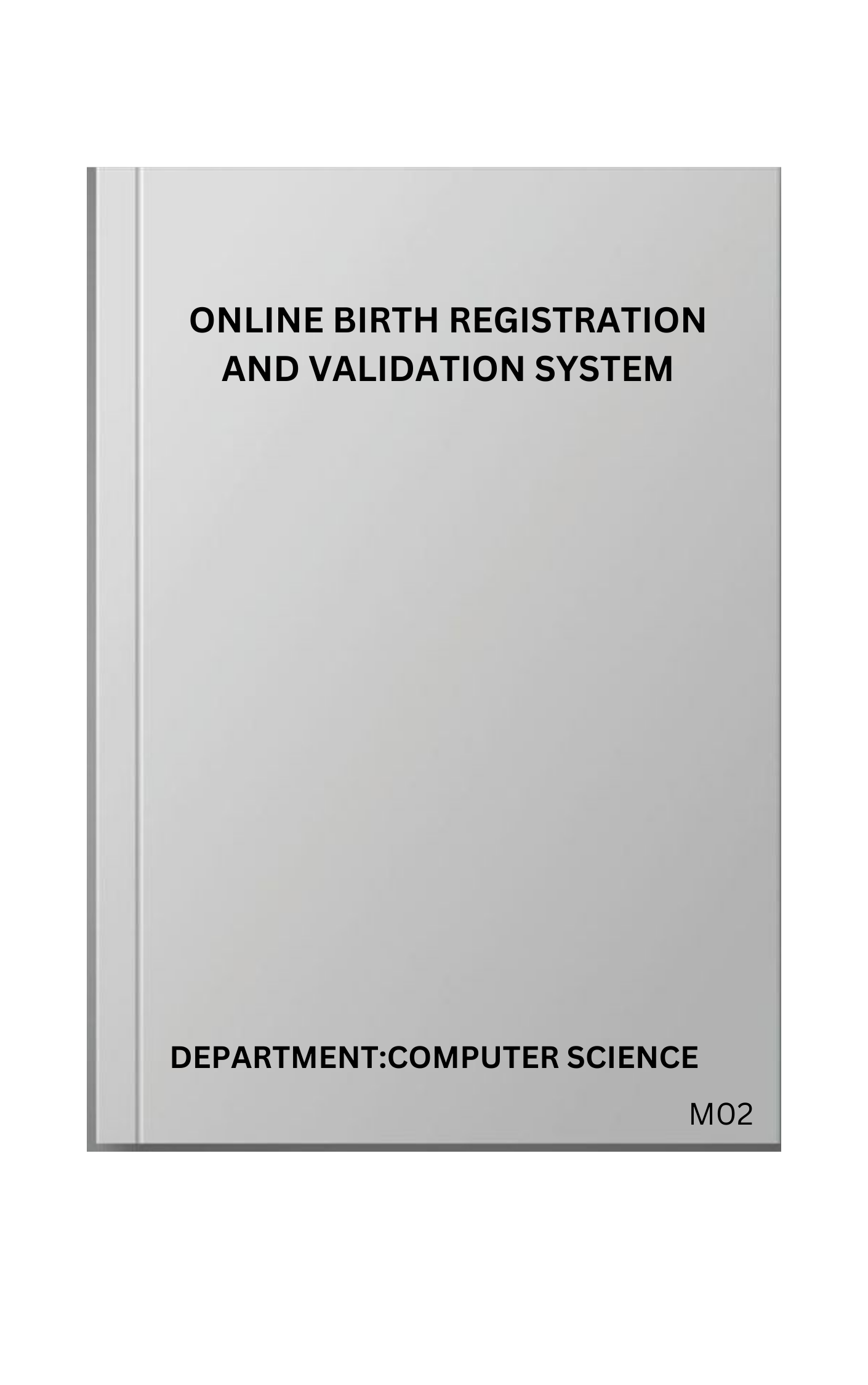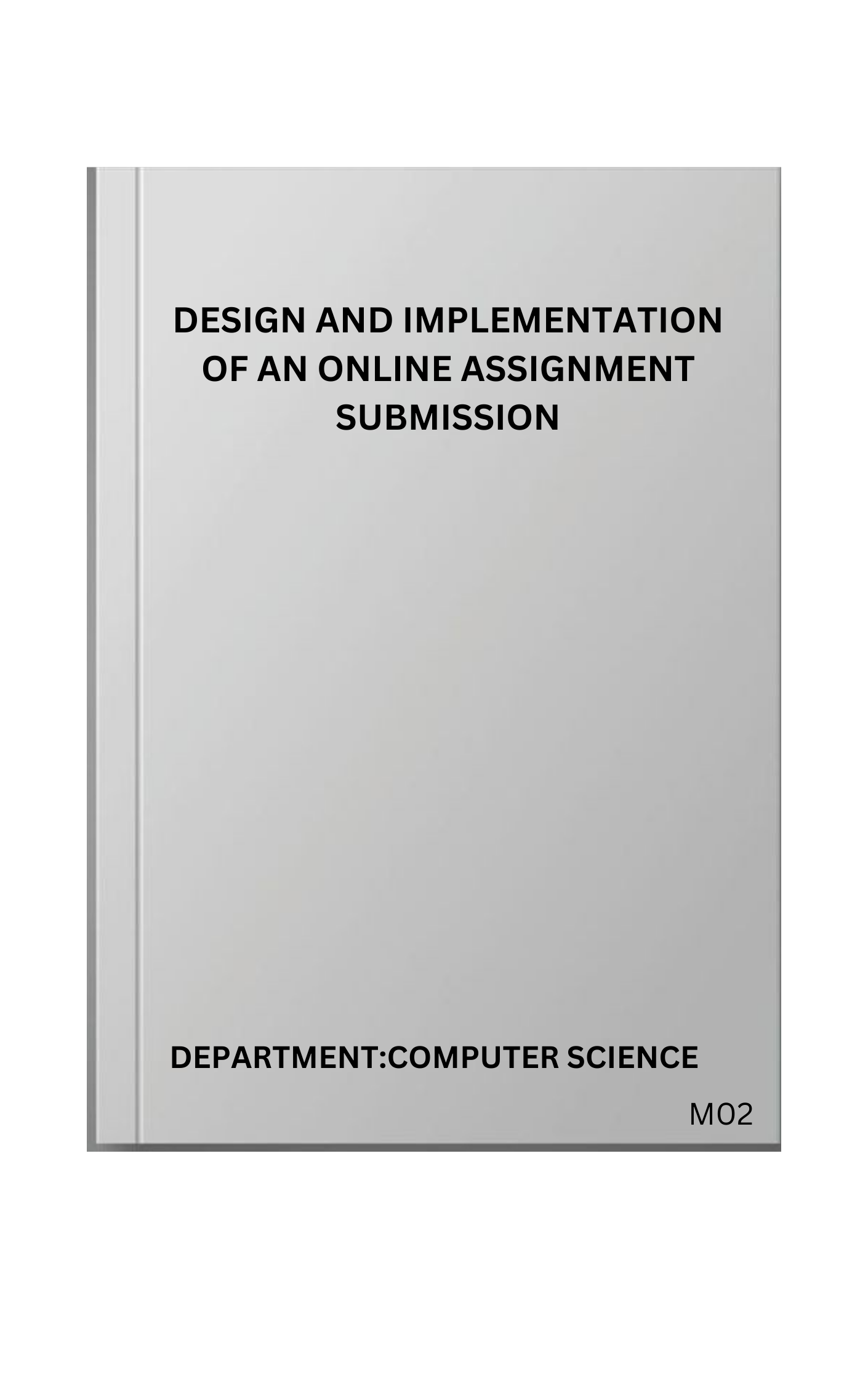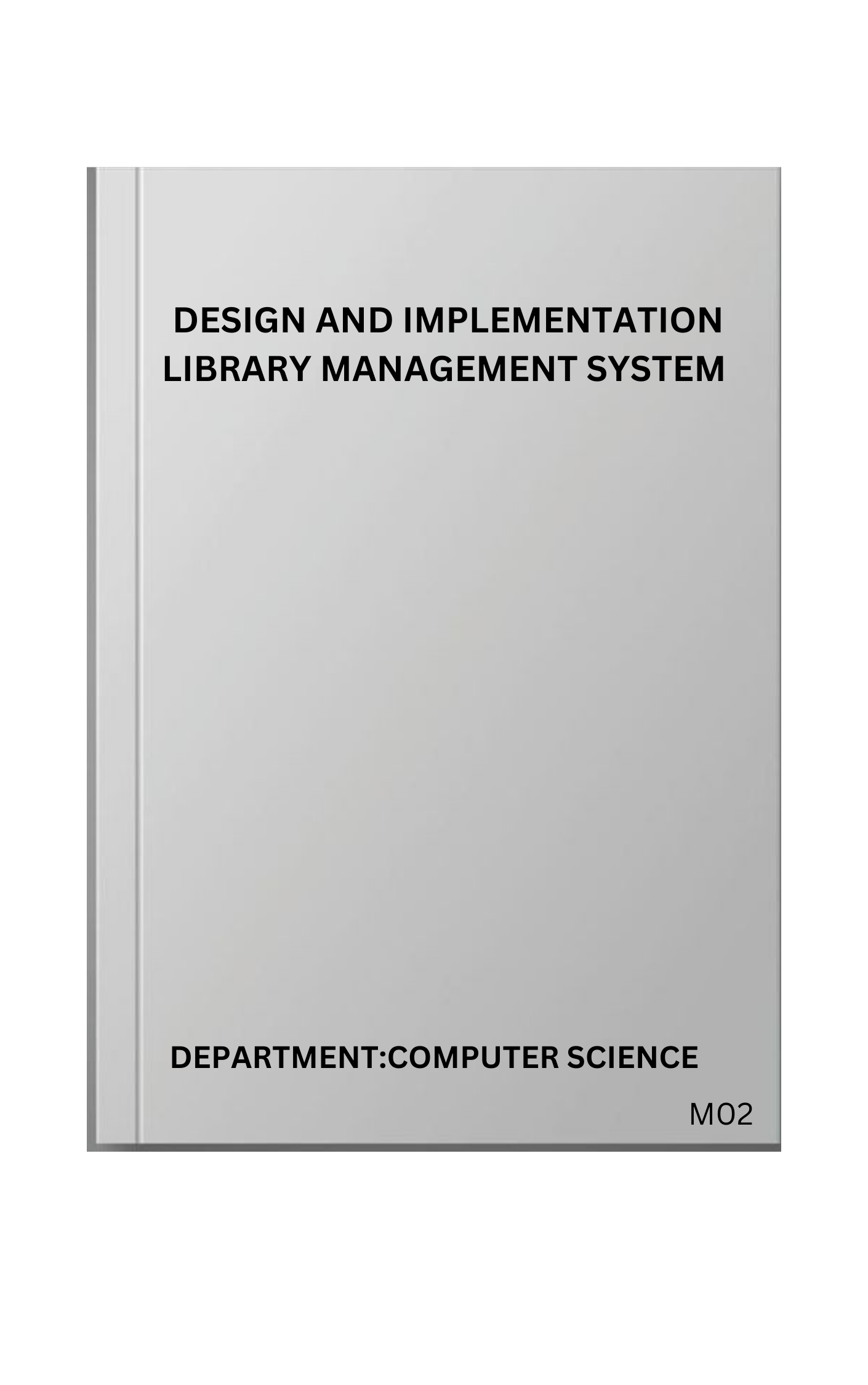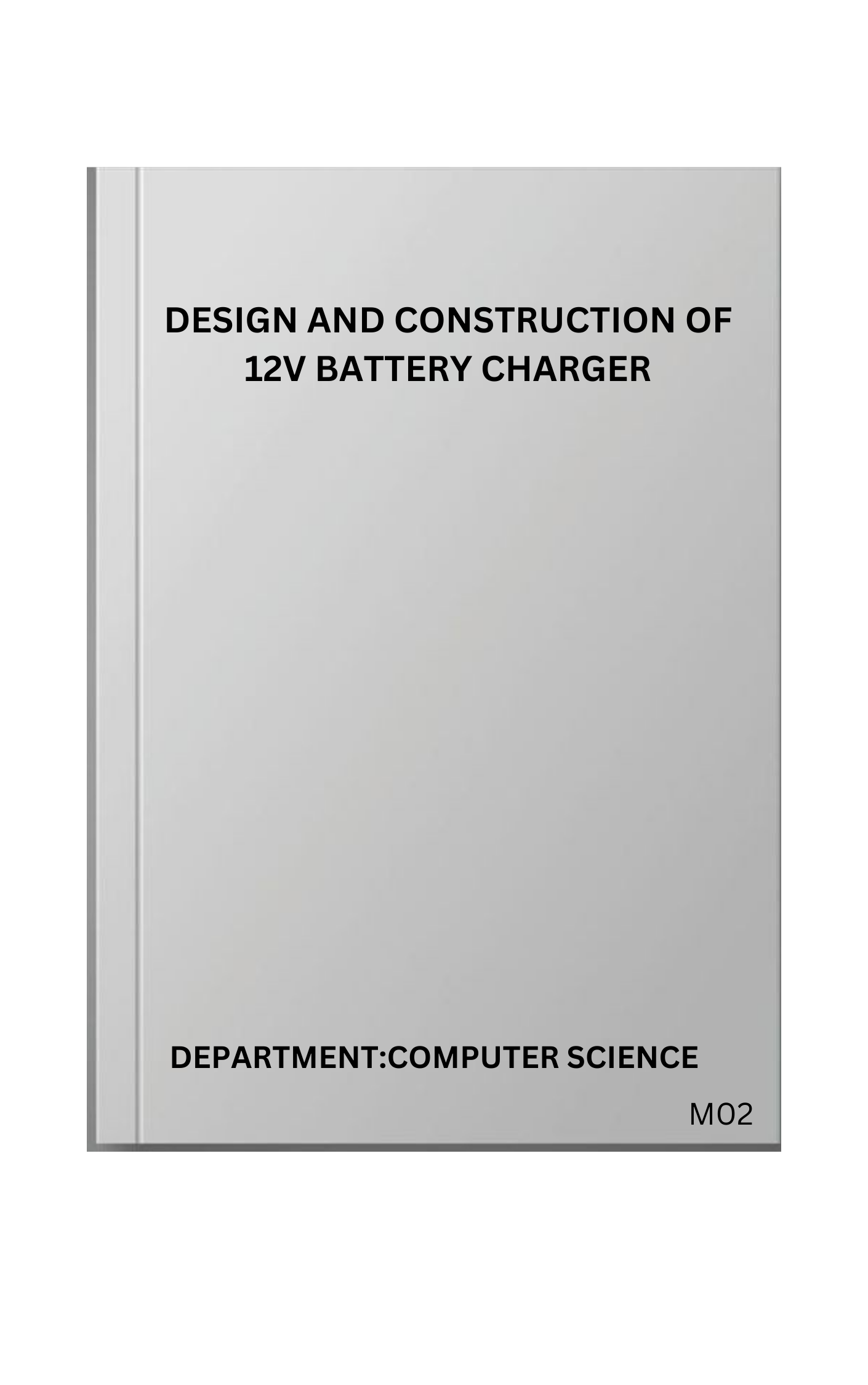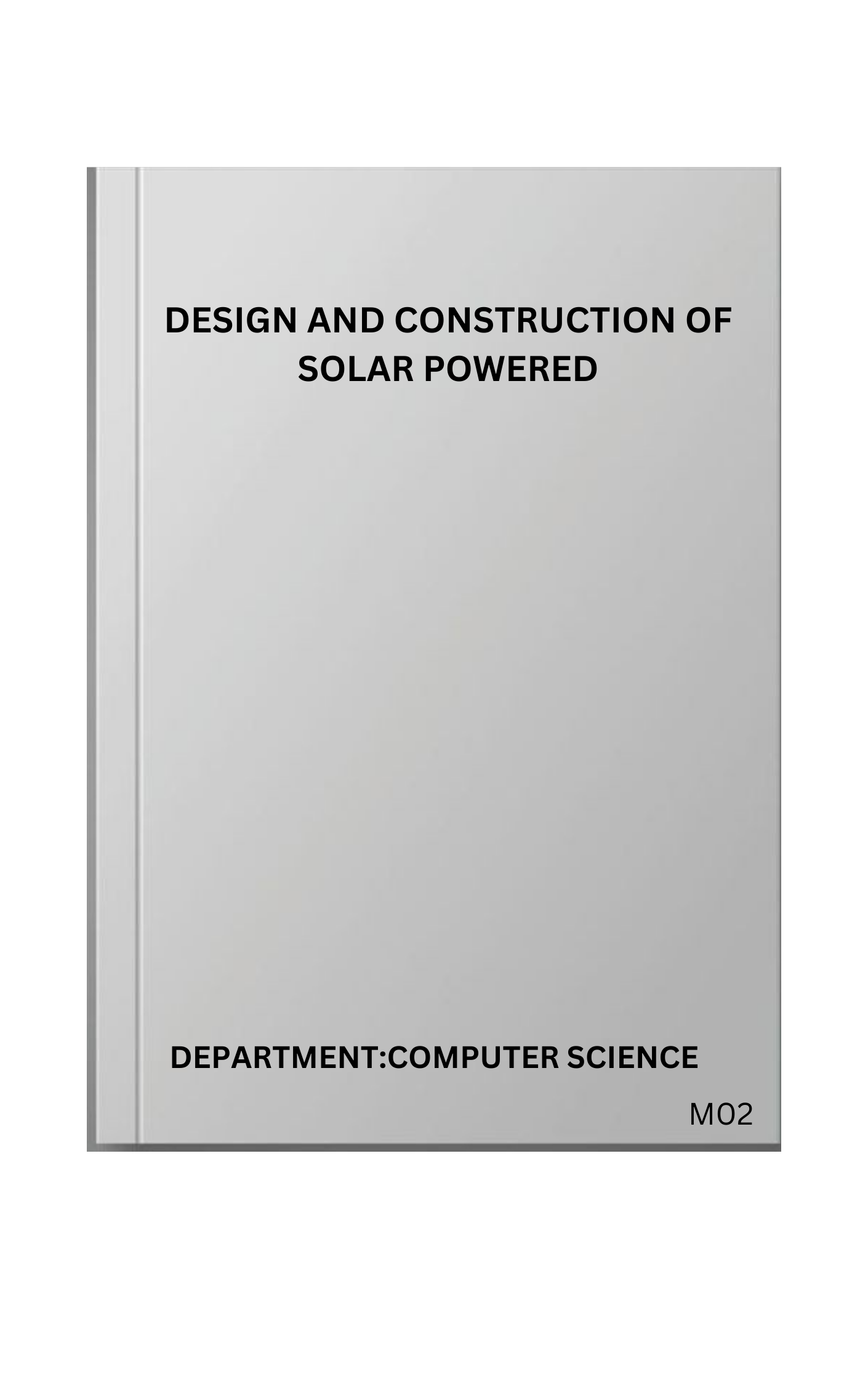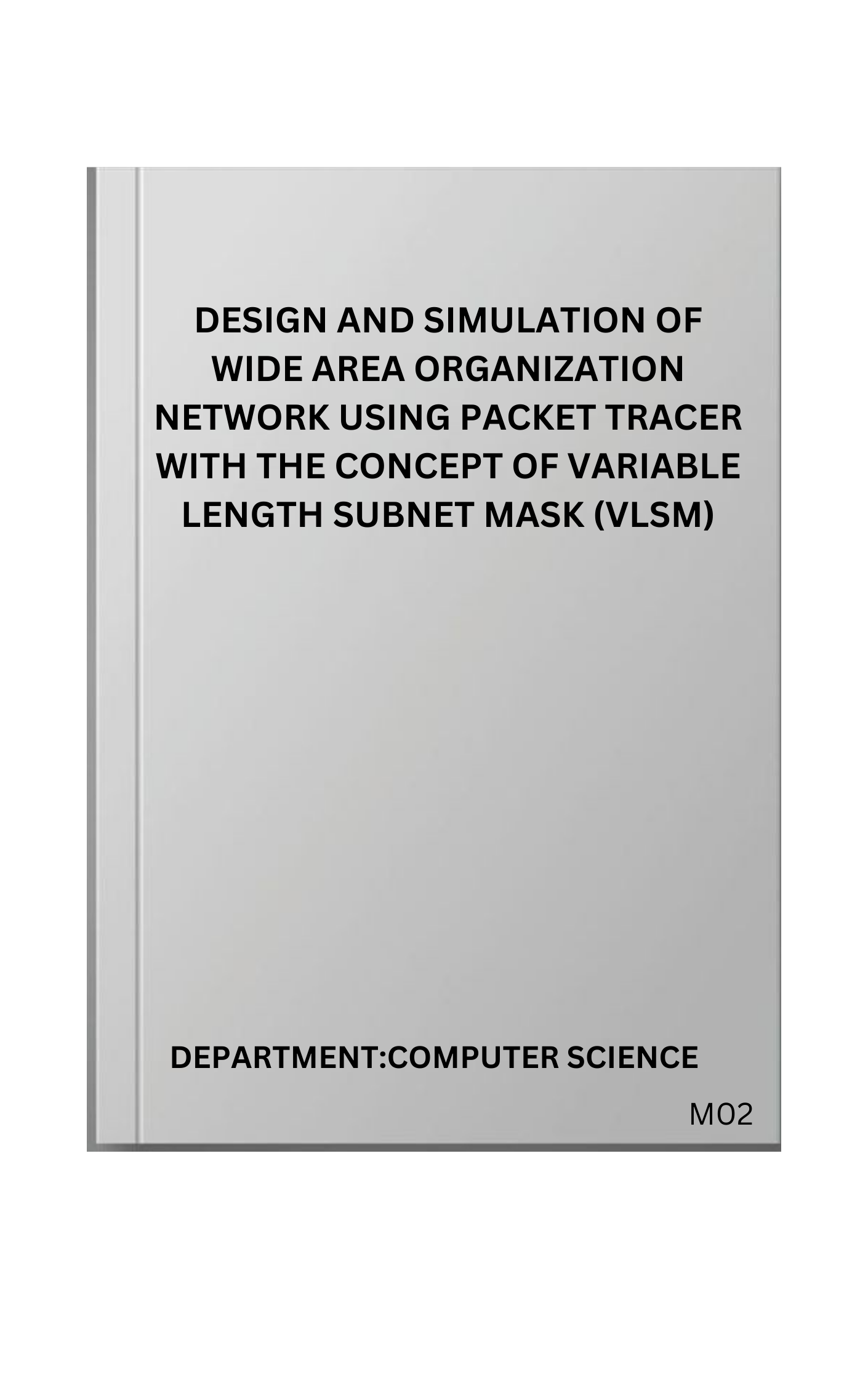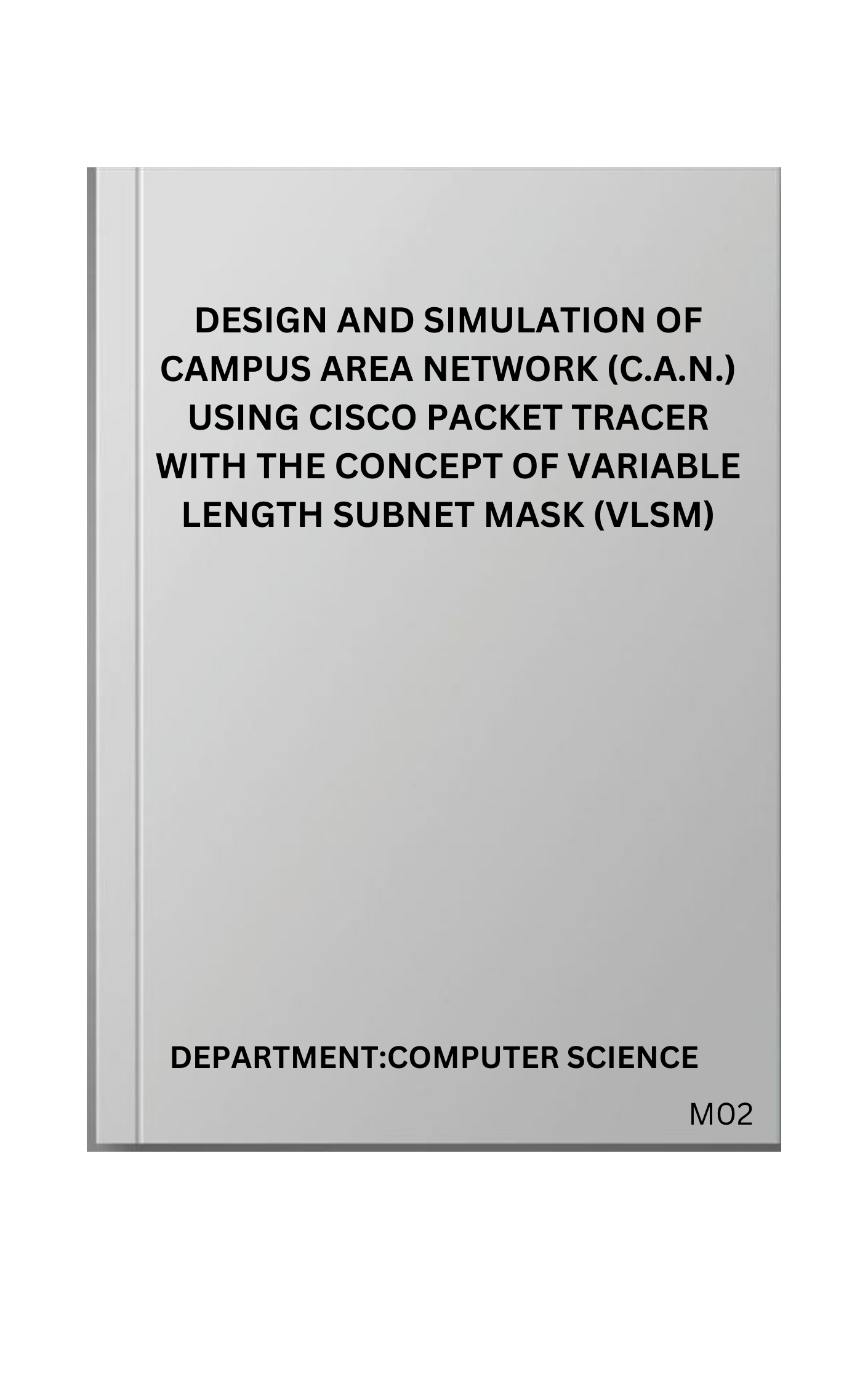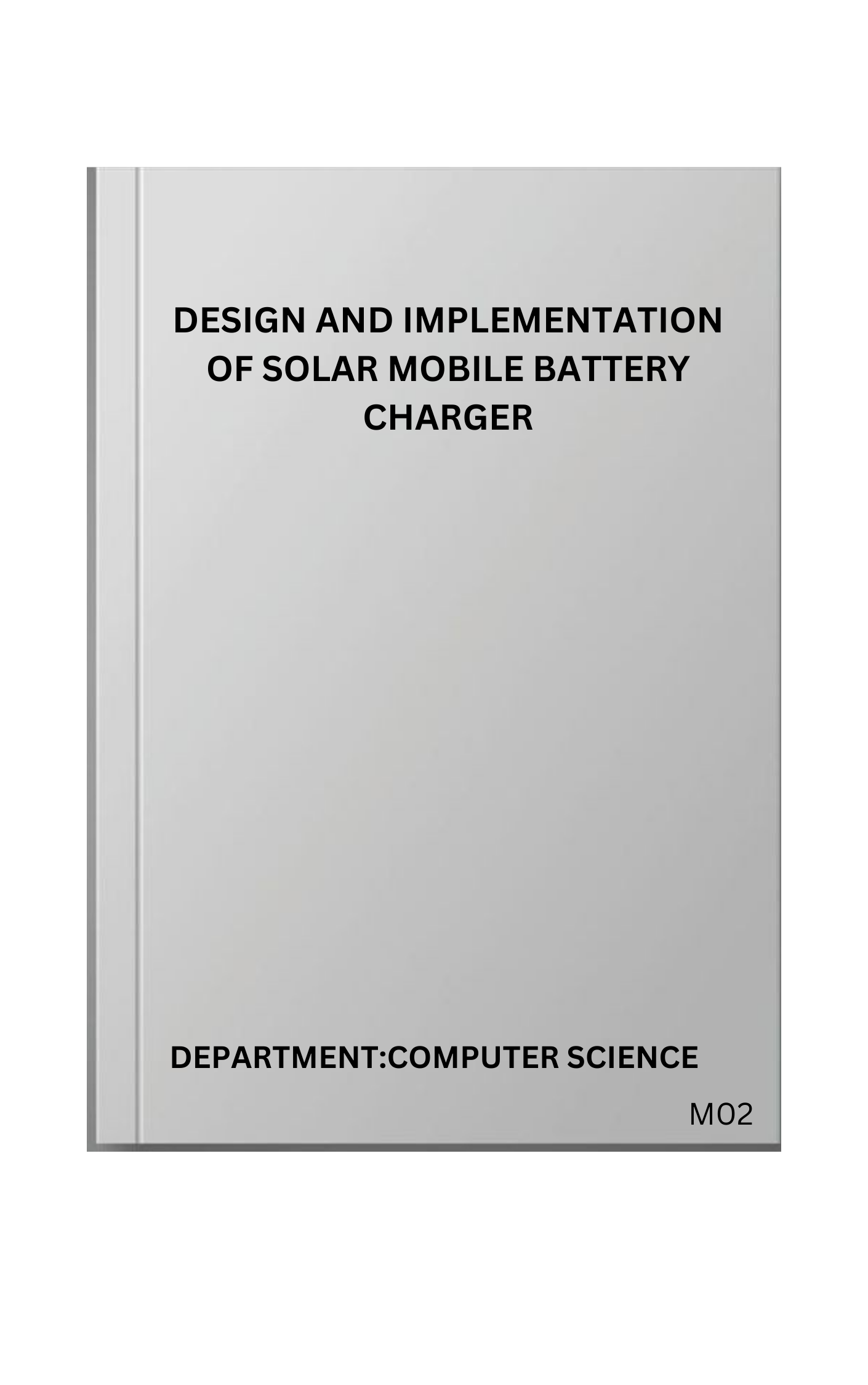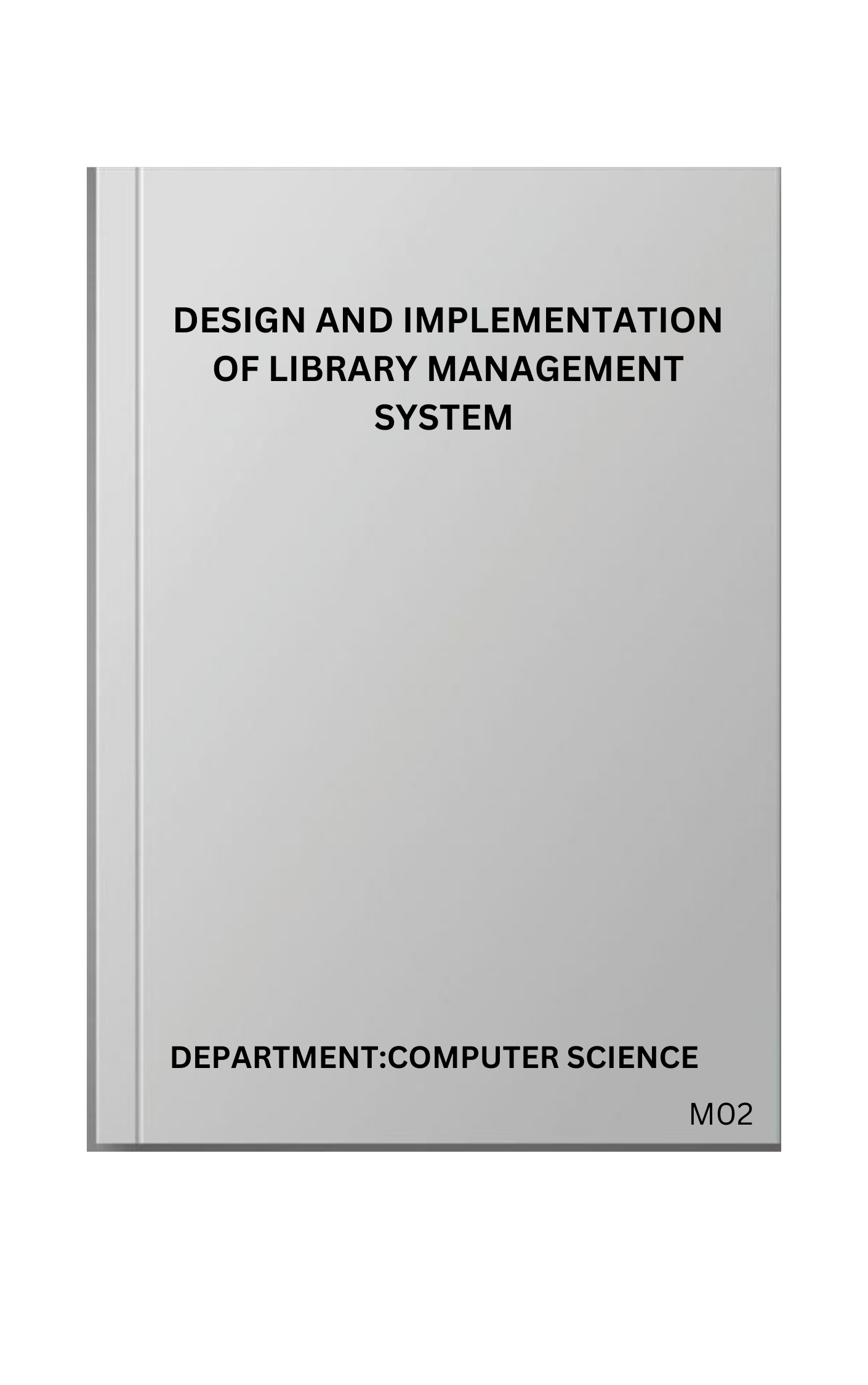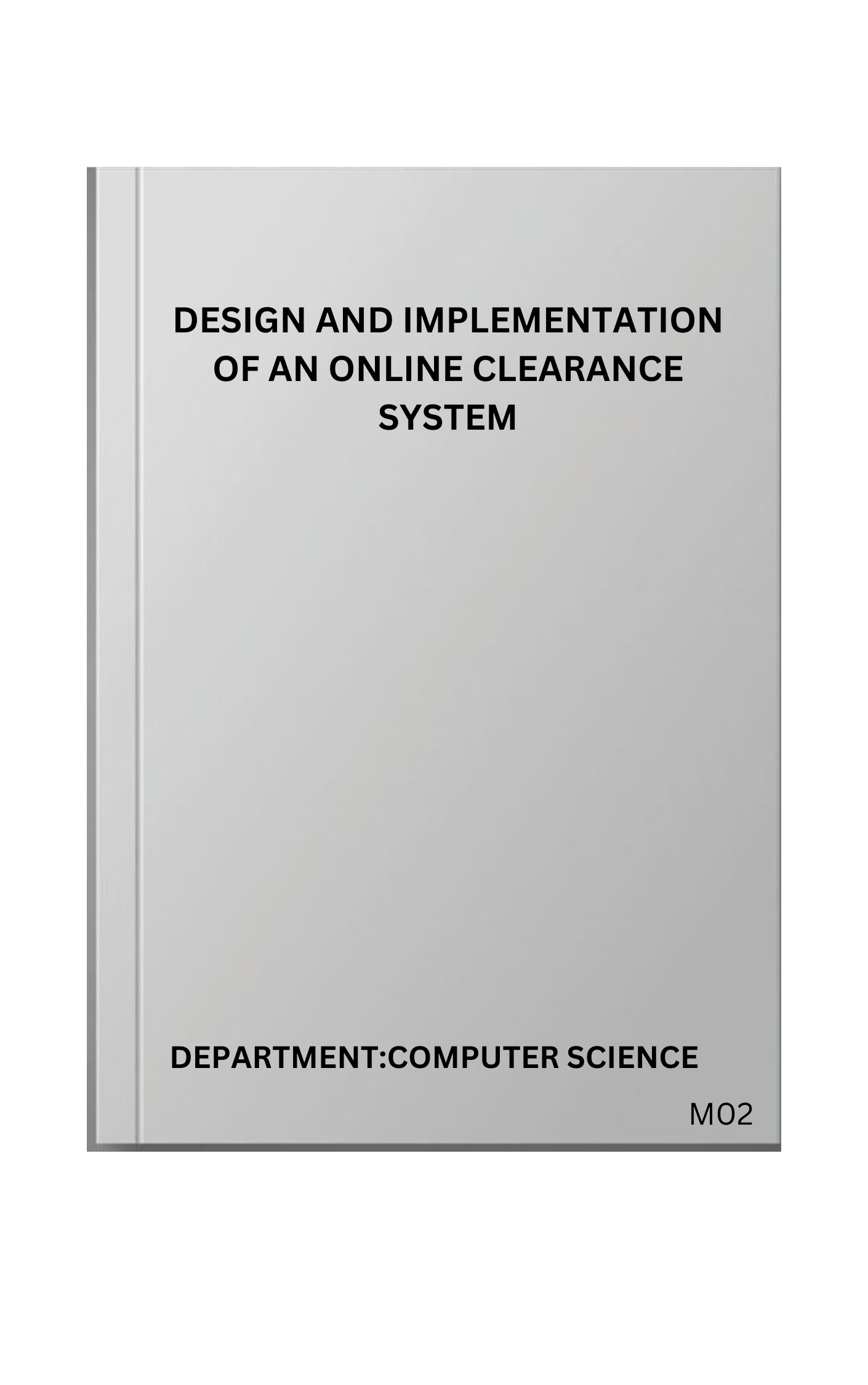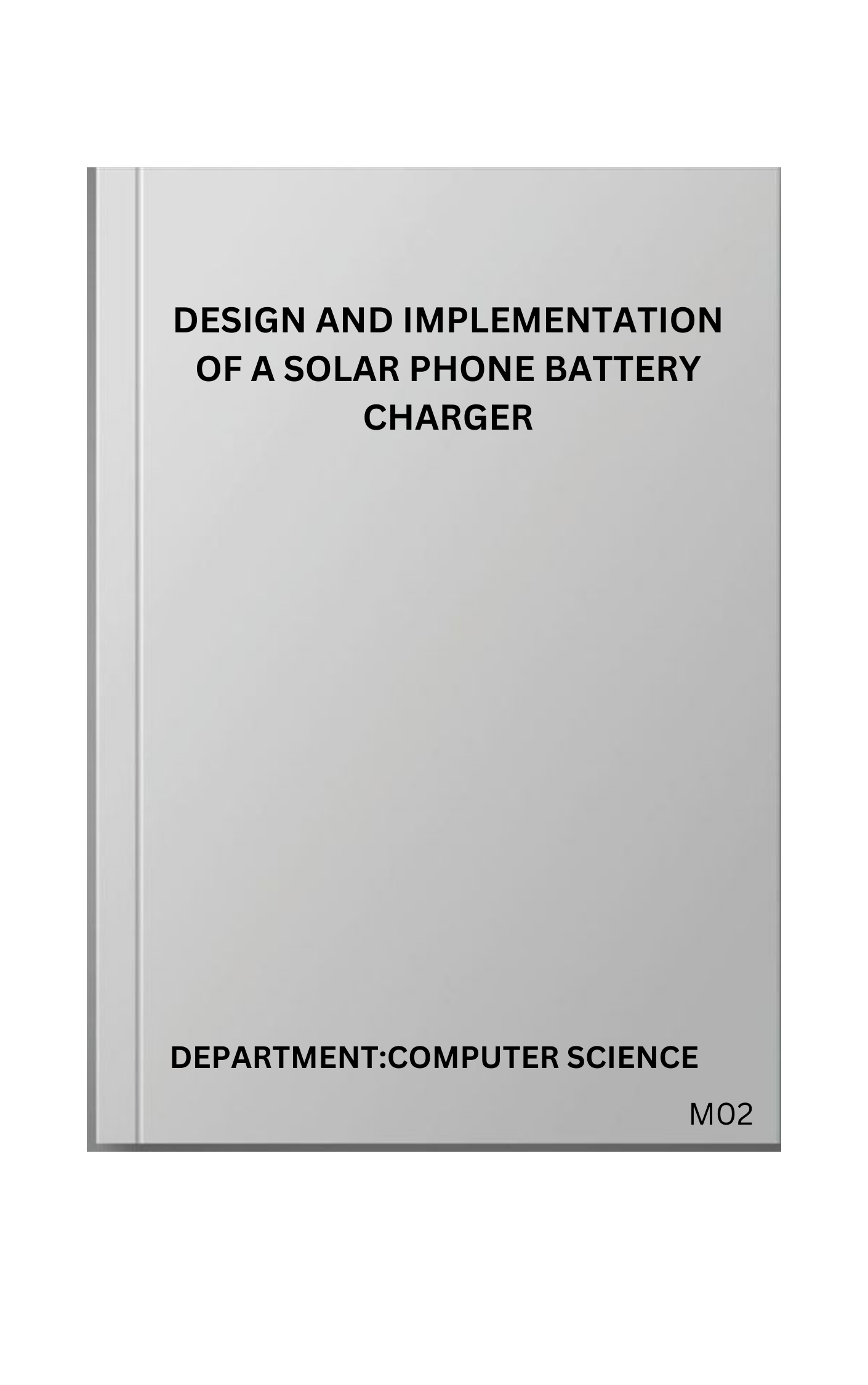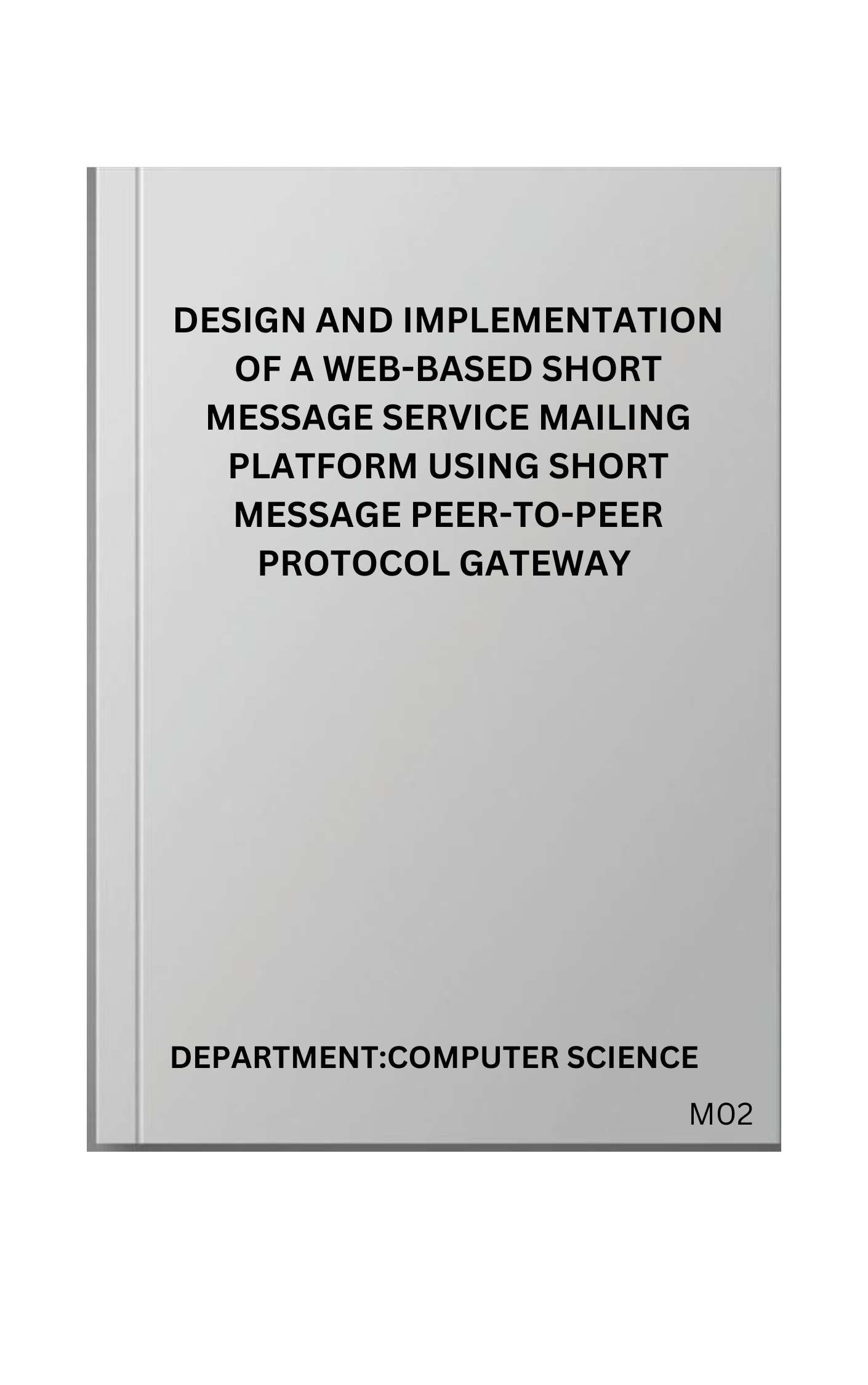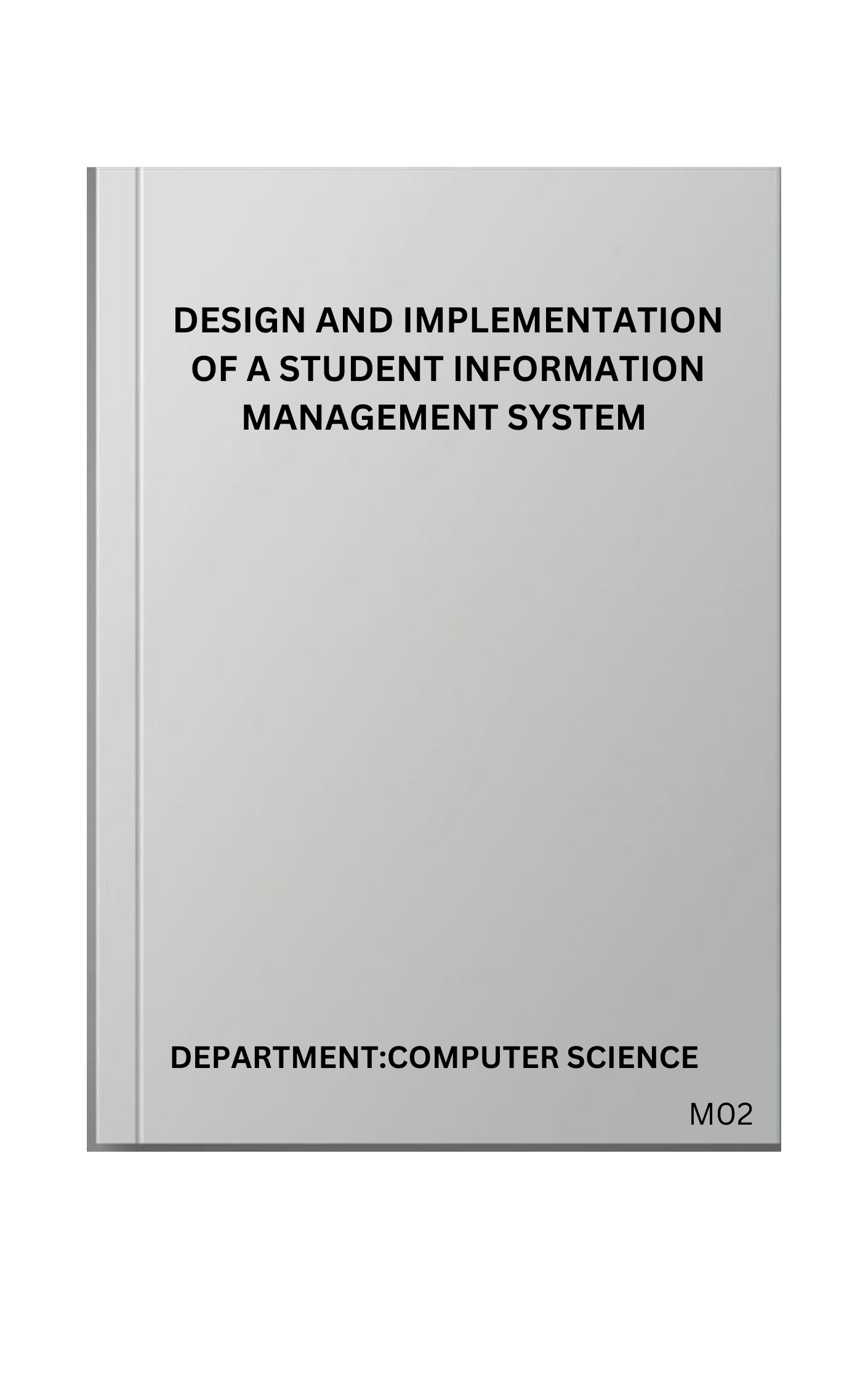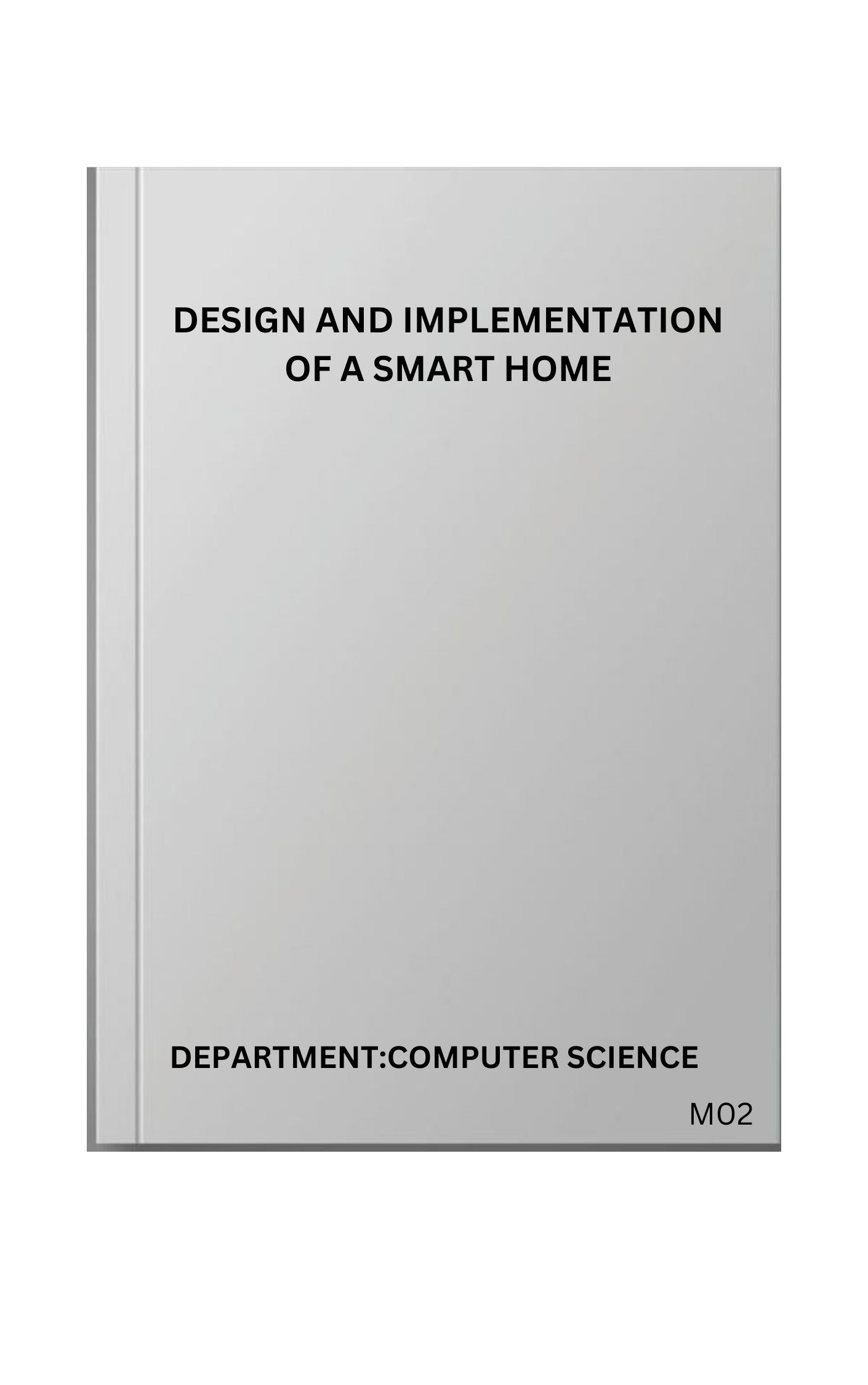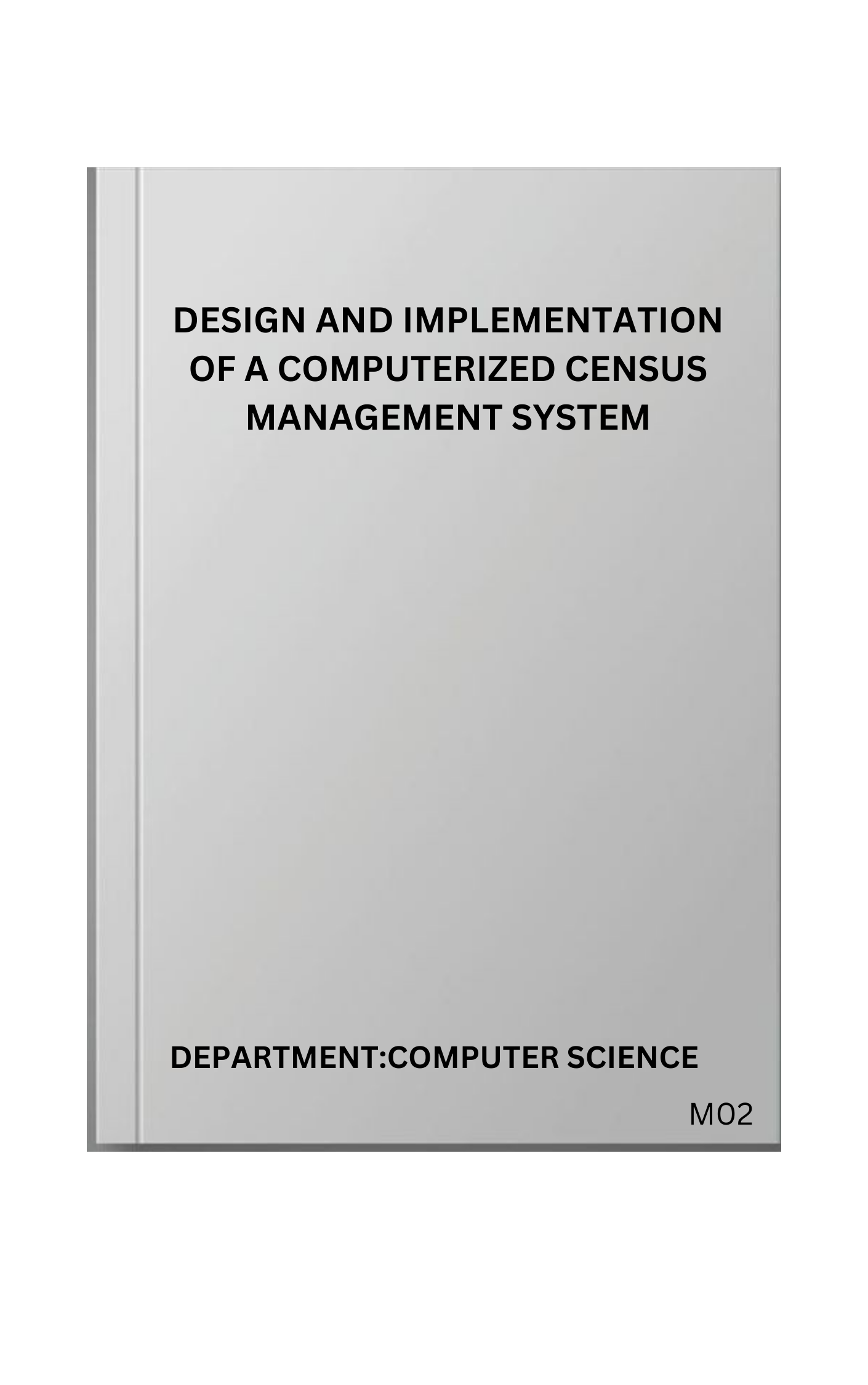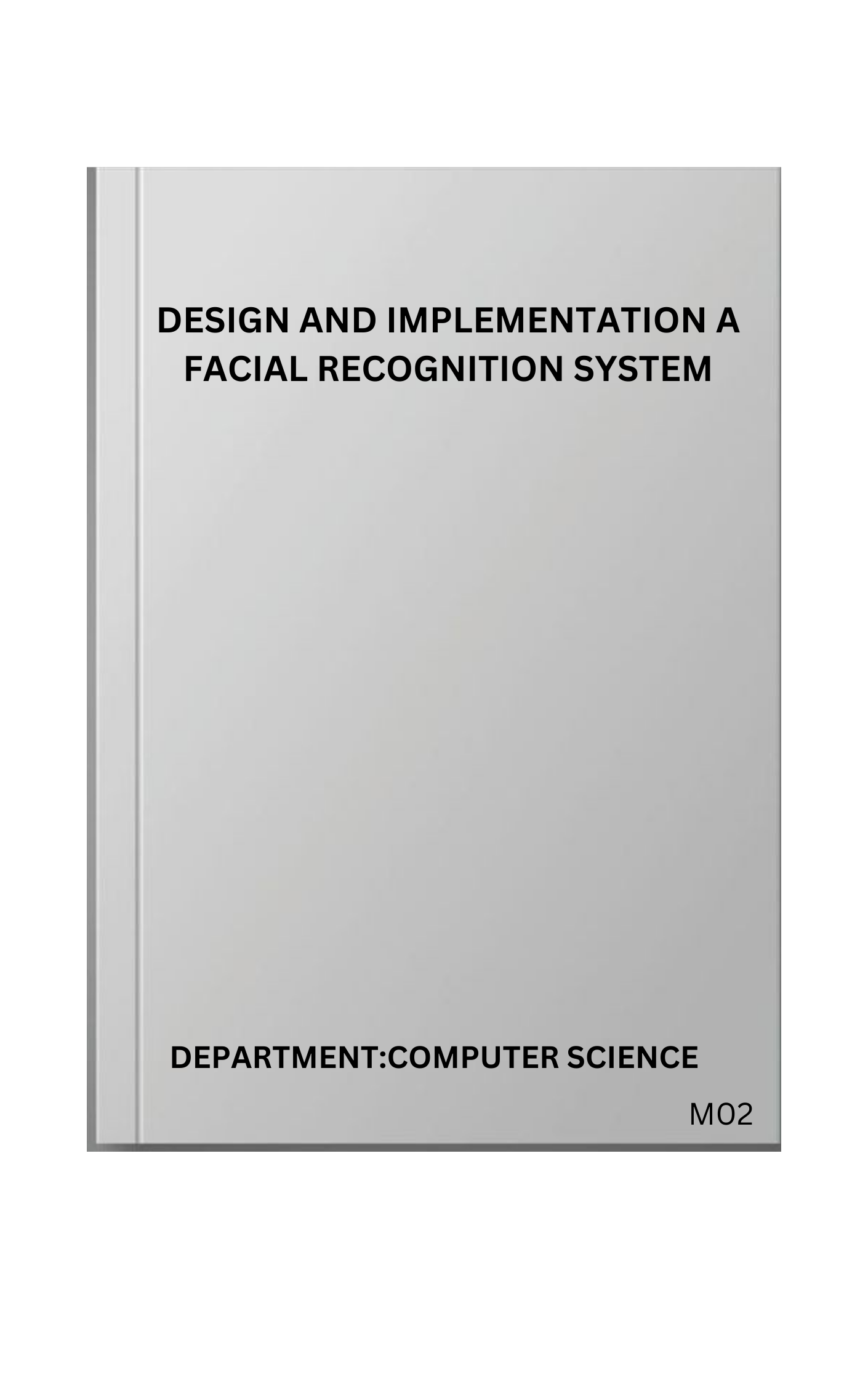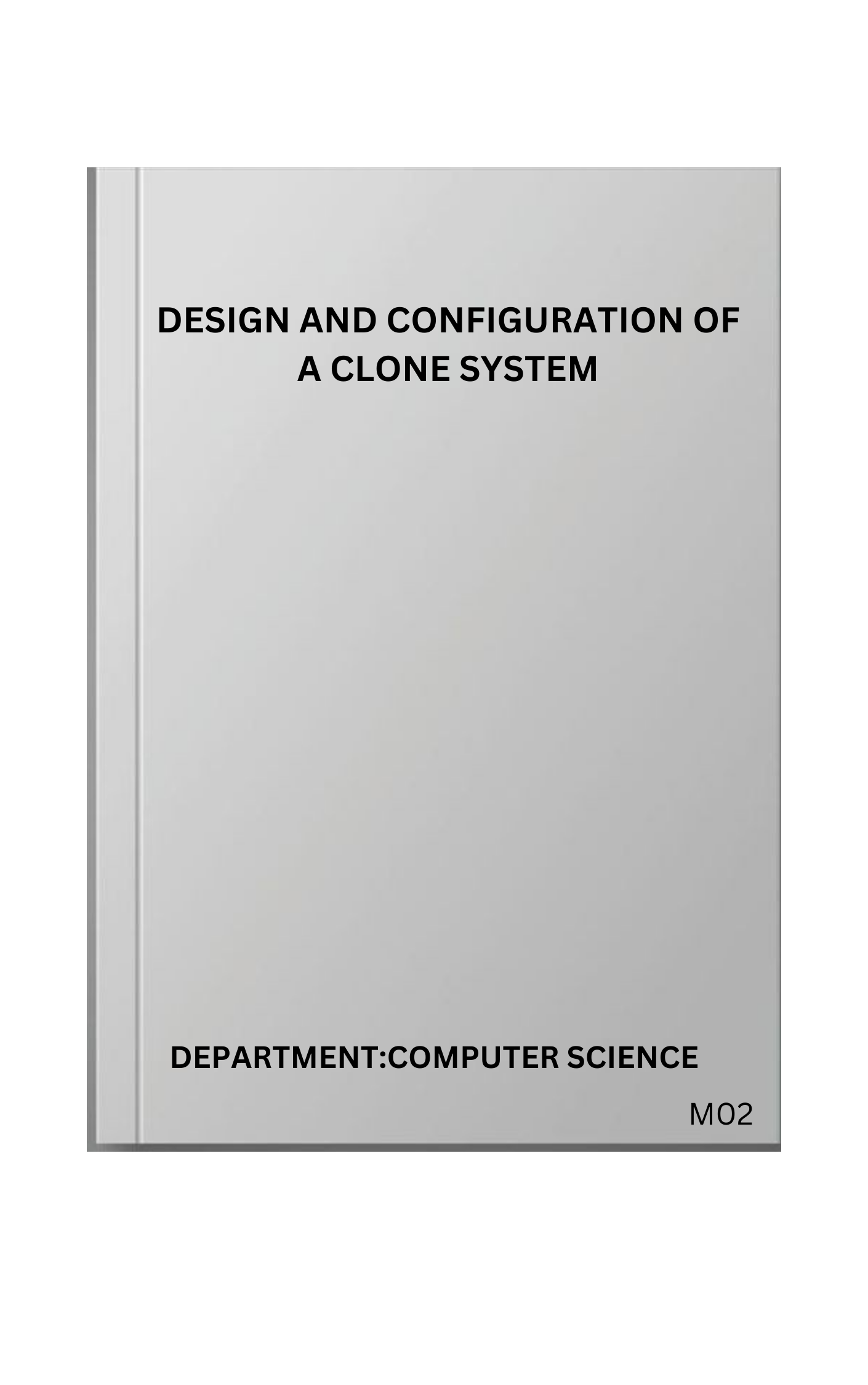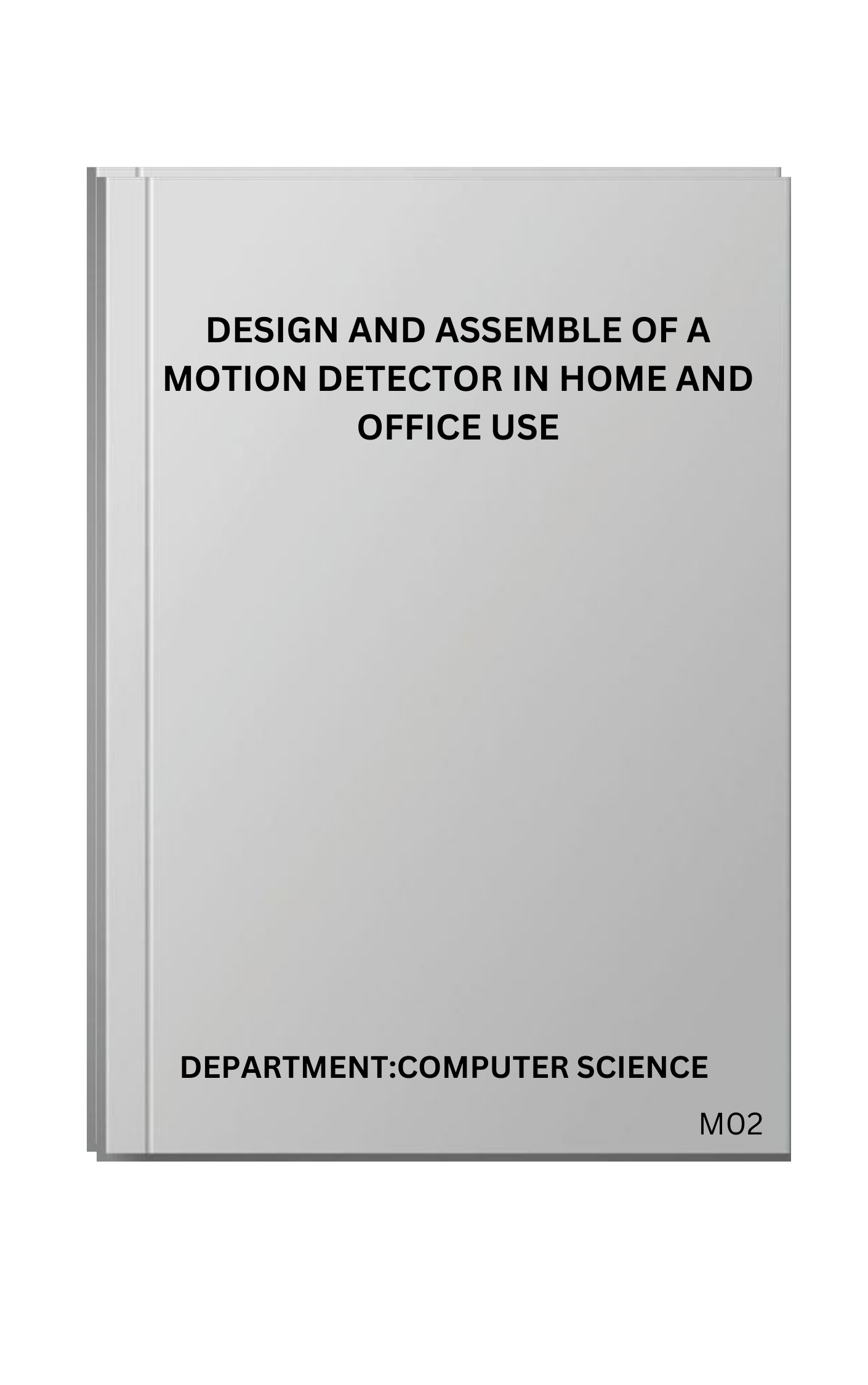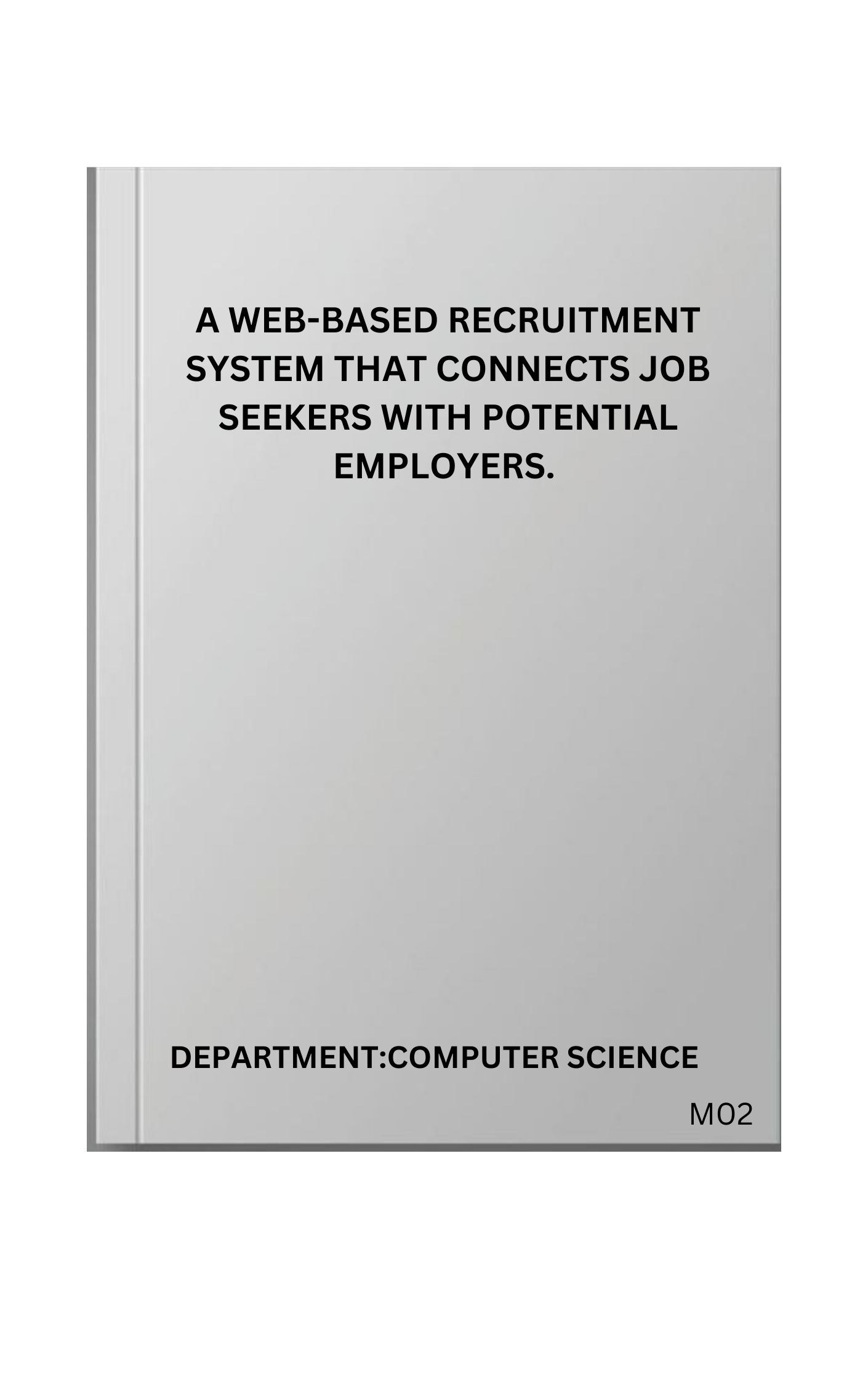CHAPTER ONE
INTRODUCTION
1.1Background of the Study
The federal republic of Nigeria comprises of 36 states, The federal capital territory (FCT), and 774 local government areas (LGAs). The country is located in west Africa and shares land borders with the republic of Benin in the west, Chad and Cameroon in the east and Niger in the north. The three largest ethnic groups in Nigeria are the Ibo, Hausa and Yoruba ethnic groups.
In Nigeria, General elections are conducted every four years, where a head of state the president and the national assembly representatives are elected. They are elected by the people. The national assembly has about 360 members representing various constituencies.
Most African electoral bodies with no exception to INEC, even with the advancements of technology, still use primitive paper based methods during voting; this system is characterized by manual form filling to chose leaders and transfer of information from manual data capture forms to computerized datasheets, this has led to a high number of mistakes making their way into the final votes count. The main advantage of the paper based system is the ballot papers are easily human auditable. The disadvantages outweigh the advantages for instance printing of ballot papers is slow, expensive, inflexible, environmentally hostile and also literacy limitations and last minute changes to the voter register are difficult to accommodate among others. It is on this premise that this study was embarked upon to design and implement an automated Voting System for Academic Institutions which is an Online Voting System. The concept has been implemented for our institution. The results showed that the online system was outstanding with real-time results of the voting process and easy administrative management. The users of the system which involved students as well as some electoral supervisors realized the online voting system was a better, effective and more efficient way of voting in the school as compared to the paper balloting method of voting. The concept could be extended to all Institutions or organization’s election once the electorates can be identified with unique Identification Numbers. It is recommended that further research and implementation should be conducted to include functionalities or features to enable the visually impaired individuals vote.
1.2Statement of the Problem
The election process begins from voters (students) registration even in our institutions today. The method adopted during voters registration goes a long way to determine the freeness and fairness of the election. In Nigeria, voting/registration process is very cumbersome. So many cases, missing data in the voter registration file have been reported. There are also situations where unregistered voters flock to the polling station to participate in the voting process. Even after voting, malicious clerks and officers- in – charge of a polling station end up playing with the result figures.
1.3 Objectives of the Study
The aim of this project is to develop a database for voter’s registration which will in turn help institution to conduct a free and fair election using electronic machines.
To replace the current inefficient manual system of voting in Academic Institutions.
To ensure credibility in elections by preventing double voting,
Help the school reduce the huge costs incurred in conducting elections.
PAY TO GET COMPLETE PROJECT

